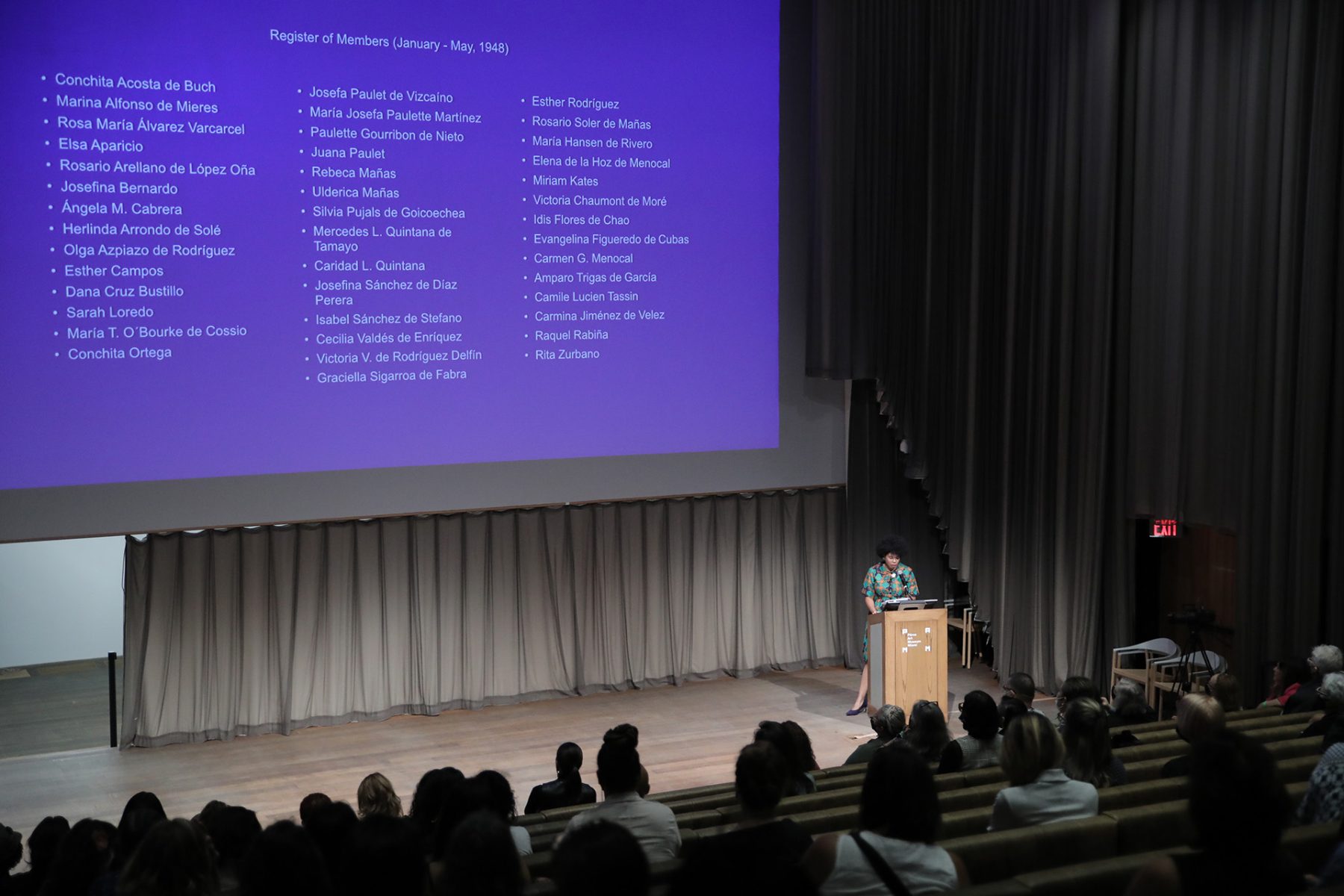Women, Photography, and Feminisms.
Learn MoreNovember 18-19, 2021
at Pérez Art Museum Miami
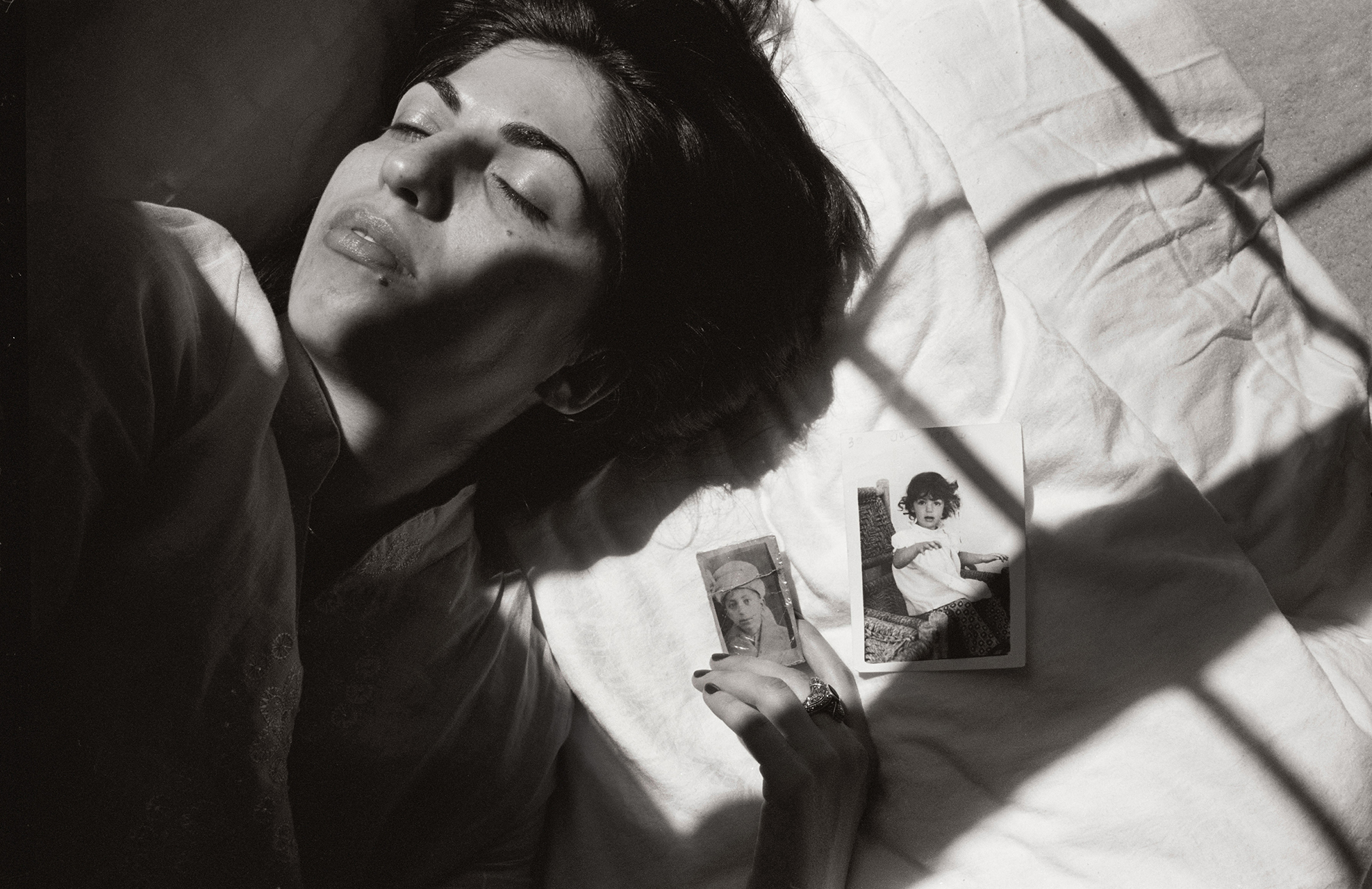 Maggie Steber. Masuda Dreams of the Past, 2005. © Maggie Steber. Courtesy of the artist.
Maggie Steber. Masuda Dreams of the Past, 2005. © Maggie Steber. Courtesy of the artist.
The first-ever WOPHA Congress is co-presented by Women Photographers International Archive (WOPHA) and Pérez Art Museum Miami (PAMM)


About the Organizer
Women Photographers International Archive (WOPHA) is a 501(c)(3) nonprofit organization founded by Latinx art historian and curator Aldeide Delgado to research, promote, support, and educate on the role of those who identify as women and non-binary in photography. Having begun as a dynamic database showcasing the unique stories of women-identified Cuban photographers, WOPHA has expanded its geographic scope to include photographers around the globe. The organization is currently documenting the diverse artistic production of Latin American and Latinx communities, including photographers from Mexico, Central and South America, the Caribbean, and artists of Latin American descent living and working in the United States.
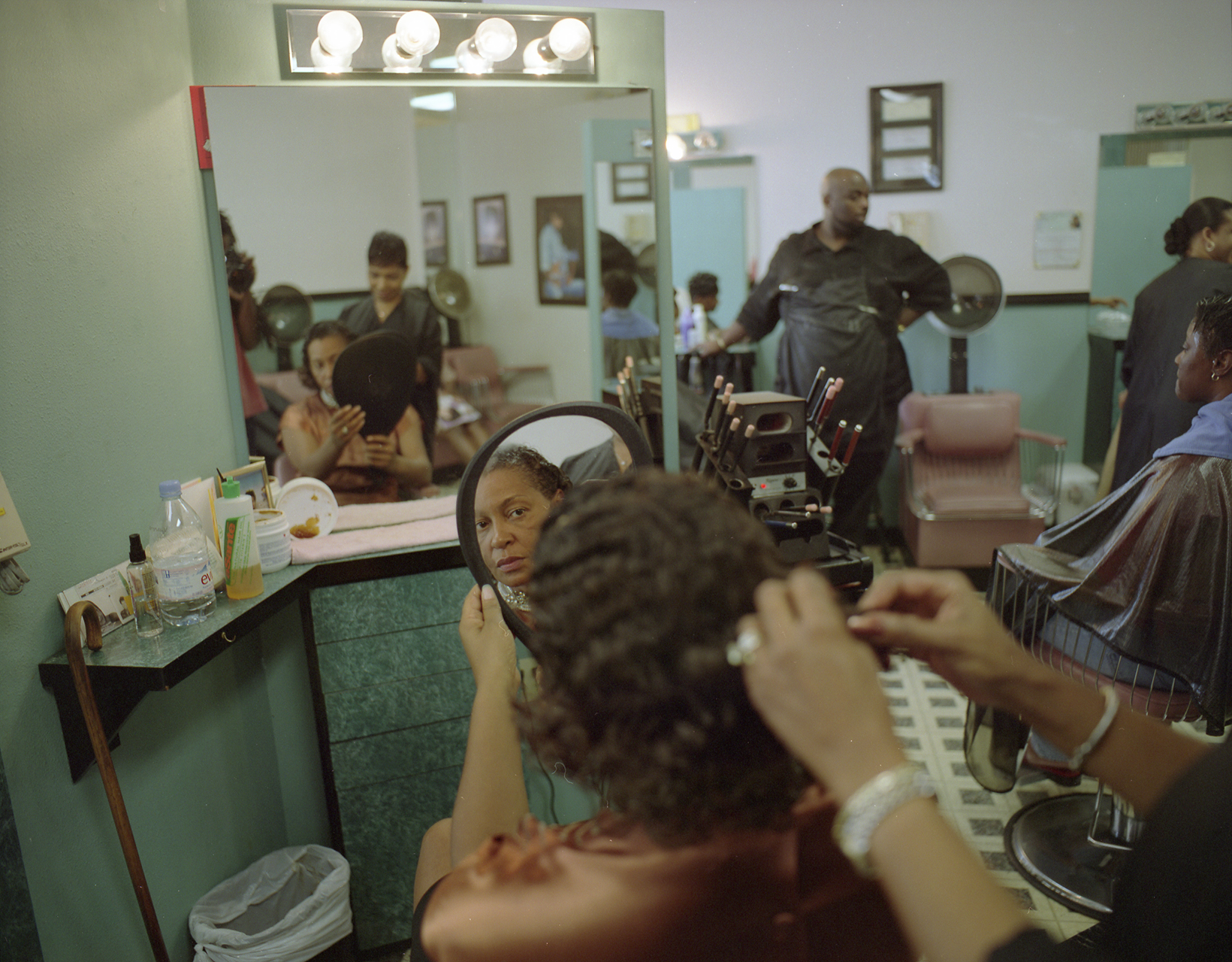
About the Congress
The world’s first-ever WOPHA Congress is a two-day convening presented at the Pérez Art Museum Miami and virtually, with parallel activations occurring across the city. It seeks to create a critical space for photography by bringing together worldwide organizations of women photographers, art historians, theorists, and curators who aim to build upon and better represent the dynamic history of women photographers from the nineteenth century through today. This event presents seminal and emerging research and discourse in the field, considering both national and international discussions about women and feminisms in the history of photography. At the same time, it constitutes a platform to celebrate women and provides an unparalleled network for the international community of women in the photographic arts.
“Pérez Art Museum Miami is the ideal place for the convening of the Women Photographers International Archive’s first Congress.”
– Franklin Sirmans
PAMM Director“Photography is an amazing medium for storytelling, self expression and commentary on the world around us. We are excited to help bring the Women Photographers International Congress to Miami later this year.”
– Victoria Rogers
Vice-President of Arts at Knight Foundation“We are confident that this will be a watershed event, further inspiring women to share their unique talents through the power of photography.”
– Florencia Rotemberg
General Manager of the JW Marriott Marquis Miami“I have conceived the WOPHA Congress as a space that will render women photographers visible while advancing critical debate about modern and contemporary photography by women and non-binary practitioners.”
– Aldeide Delgado
WOPHA Founder & Director“WOPHA Congress is the perfect occasion to discuss how we can collapse the interlocking hierarchies of sexism, racism and regionalism through women's camera lenses.”
– Amy Rosenblum-Martín
Guest Assistant Curator at MoMA PS1“This symposium, with the participation of leading scholars, curators, specialists, and artists will be a seminal event, putting forward new views and research on a generally neglected topic in canonical history of photography.”
– Idurre Alonso
Associate Curator at Getty Research Institute“WOPHA Congress reúne de forma inédita a las figuras más relevantes del medio fotográfico y los feminismos a nivel mundial. Es un evento donde teóricas, artistas, fotógrafas, colectivos y activistas mujeres, se reunirán en dos días de intercambio, aprendizaje y reconocimiento.”
– Mane Adaro
Director and Editor of Atlas Magazine“The premise of "Women, Photography, and Feminisms" is important and groundbreaking. The conference will foster and present research in relation to a range of important issues—from race, nation, and class to the complexity of feminism itself and its nuances and points of view.”
– Maurice Berger, Ph.D.
New York Times Art Critic at the Lens section“Long neglected, the women that are the subject of Aldeide Delgado's initiative will be introduced to a new audience that ranges from professionals in the field to the general public, and their work will be celebrated in an international forum.”
– Carol Damian, Ph.D.
Art Historian“Reaching across cultural barriers, the congress raises urgent contemporary questions about what it means to practice photography and to practice writing about photography from a feminist point of view as we enter the second decade of the 21st century.”
– Claire Raymond, Ph.D.
Lecturer and Art HistorianIn the News
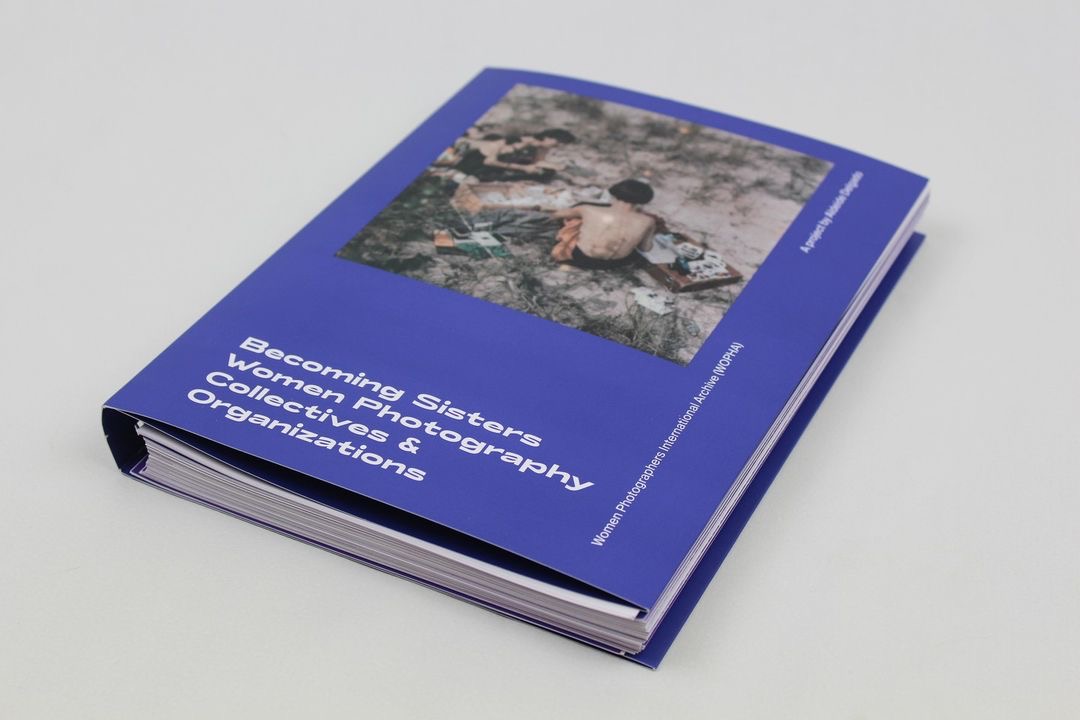
BURNAWAY | WOPHA and the Collective Labor of a Feminist Photography Congress
By Francis Dalena Oliver
January 27, 2022 / 8:00am
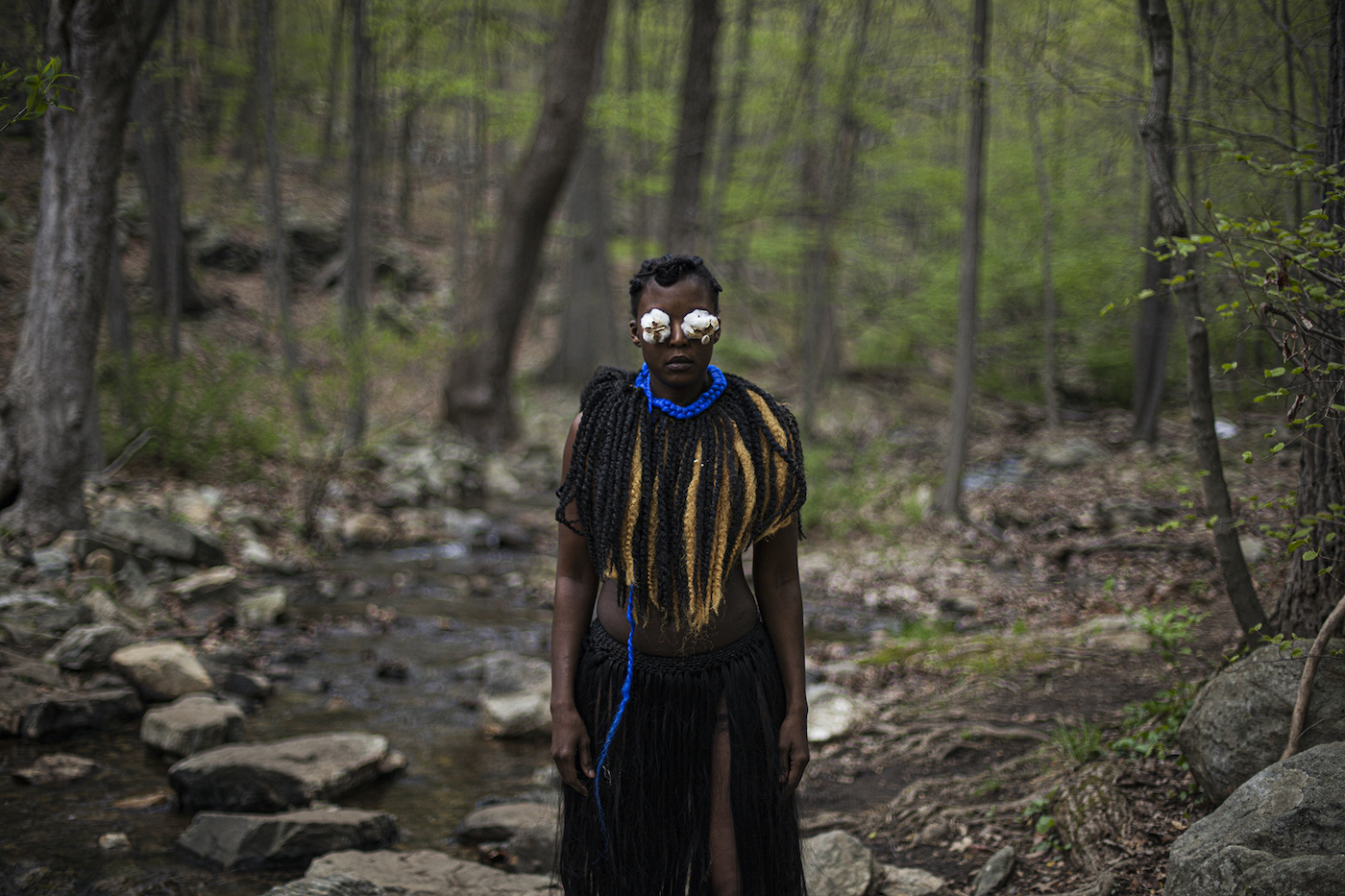
CONTEMPORARY AND | In Conversation Aldeide Delgado and the Women Photographers International Archive
By Miriam M’Barek
November 17, 2021 / 8:00am
2021 Congress
Introduction (virtual)
Marie Vickles and Aldeide Delgado
+Join Aldeide Delgado and Marie Vickles virtually as they introduce the first session of the WOPHA Congress co-presented by Women Photographers International Archive and Pérez Art Museum Miami. Introduction to the First Session.
ABOUT PARTICIPANTS
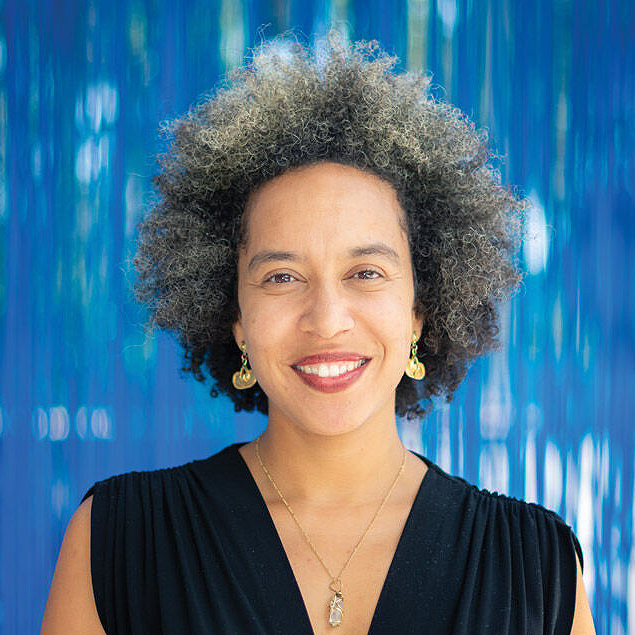
Marie Vickles
Director of Education at the Pérez Art Museum Miami(Miami)
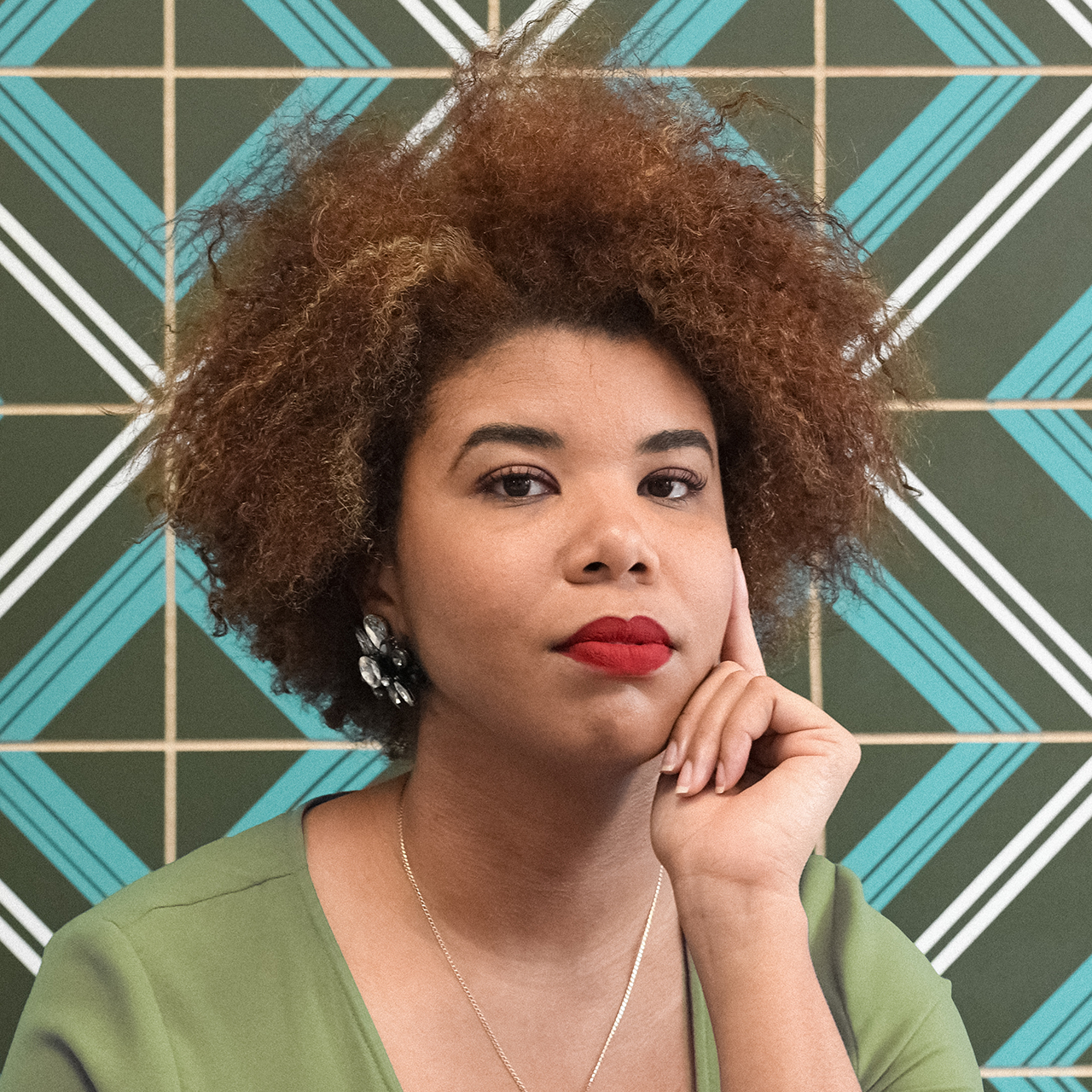
Aldeide Delgado
WOPHA Founder & Director(Miami)
Book Presentation: A World History of Women Photographers (virtual)
Marie Robert, Luce Lebart, Maria Kapajeva, and Ileana L. Selejan, PhD
+Book Presentation: A World History of Women Photographers.
Few women photographers’ names have been canonized; the renown of the “great masters” has airbrushed them out of the academic history of photography. The erasure of women from history stems from a long tradition of being discredited. However, these groundbreaking, independent photographers have endlessly documented, questioned, and transfigured the world, demonstrating that the camera can be a tool of individual and collective emancipation. Upon closer examination, it is evident that women participated in all the movements and artistic experiments of the nineteenth and twentieth centuries.
This panel presents for the first time in the United States the collective survey A World History of Women Photographers. Nominated for the 2021 Historical Book Award by The Rencontres d’Arles, the book includes 450 images by 300 women photographers and contributions by 160 women authors from around the world on the diversity and careers of these photographers.
ABOUT PARTICIPANTS
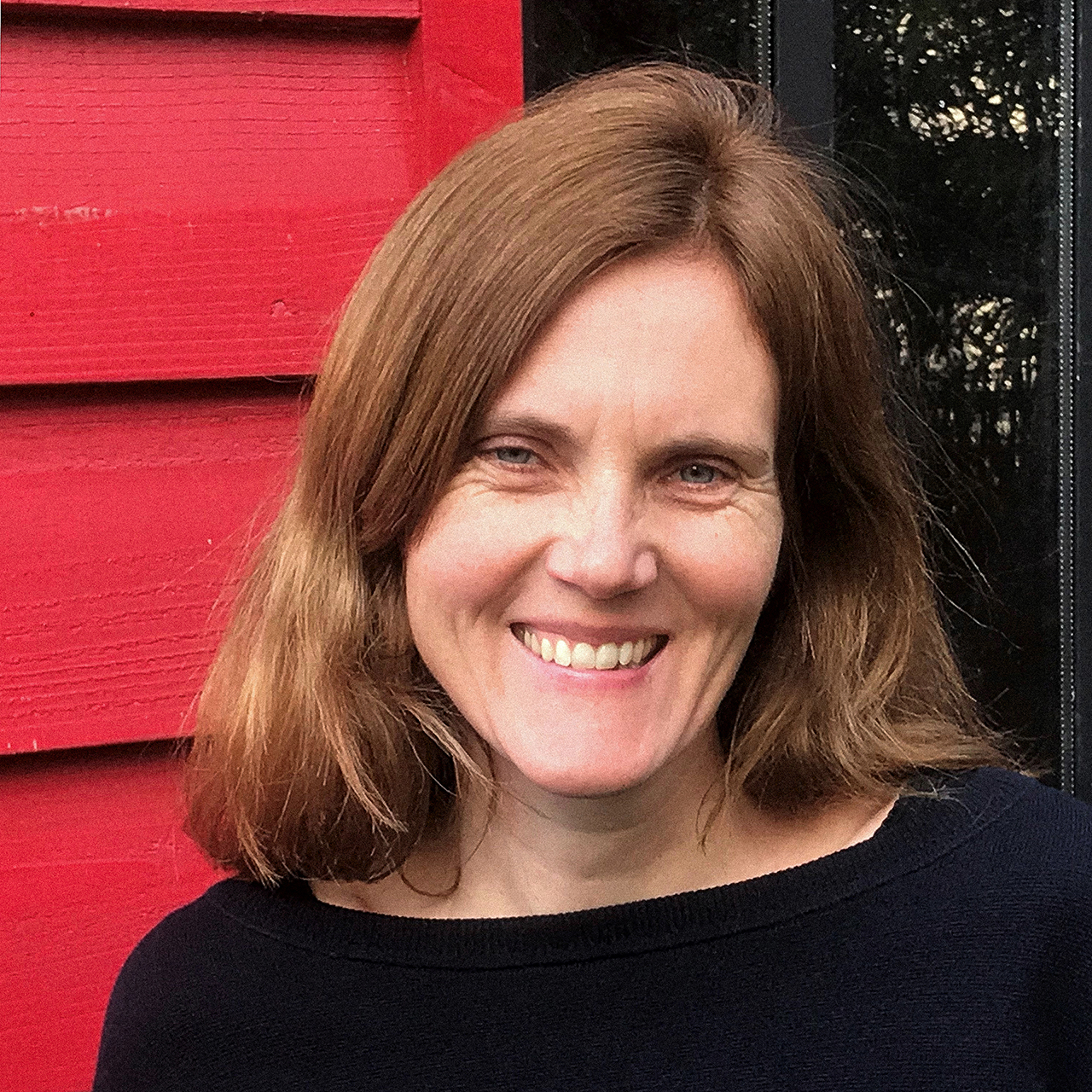
Marie Robert
Head Curator of Photography at theMusée d’Orsay(Paris)
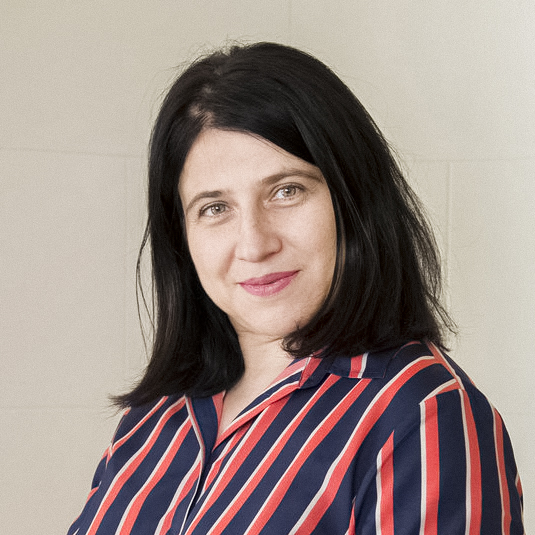
Luce Lebart
Photography historian, curator, researcher and French Correspondent for the Archive of Modern Conflict(Paris)
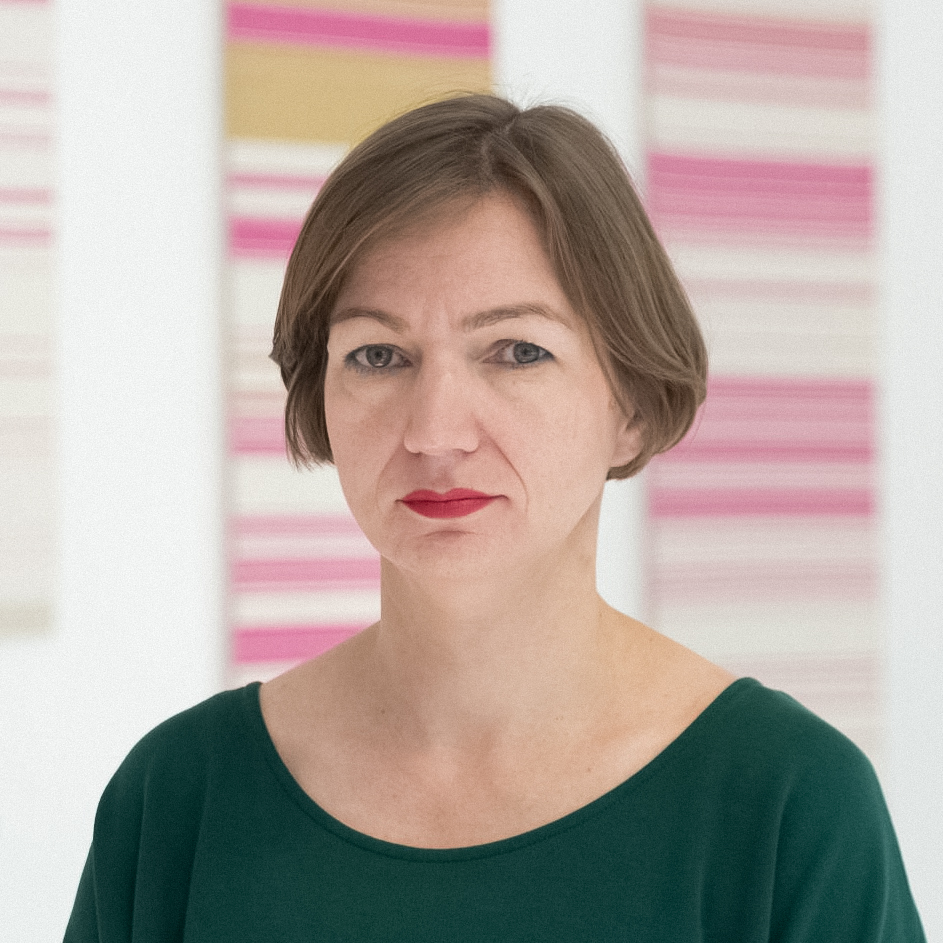
Maria Kapajeva
Artist(Tallinn and London)
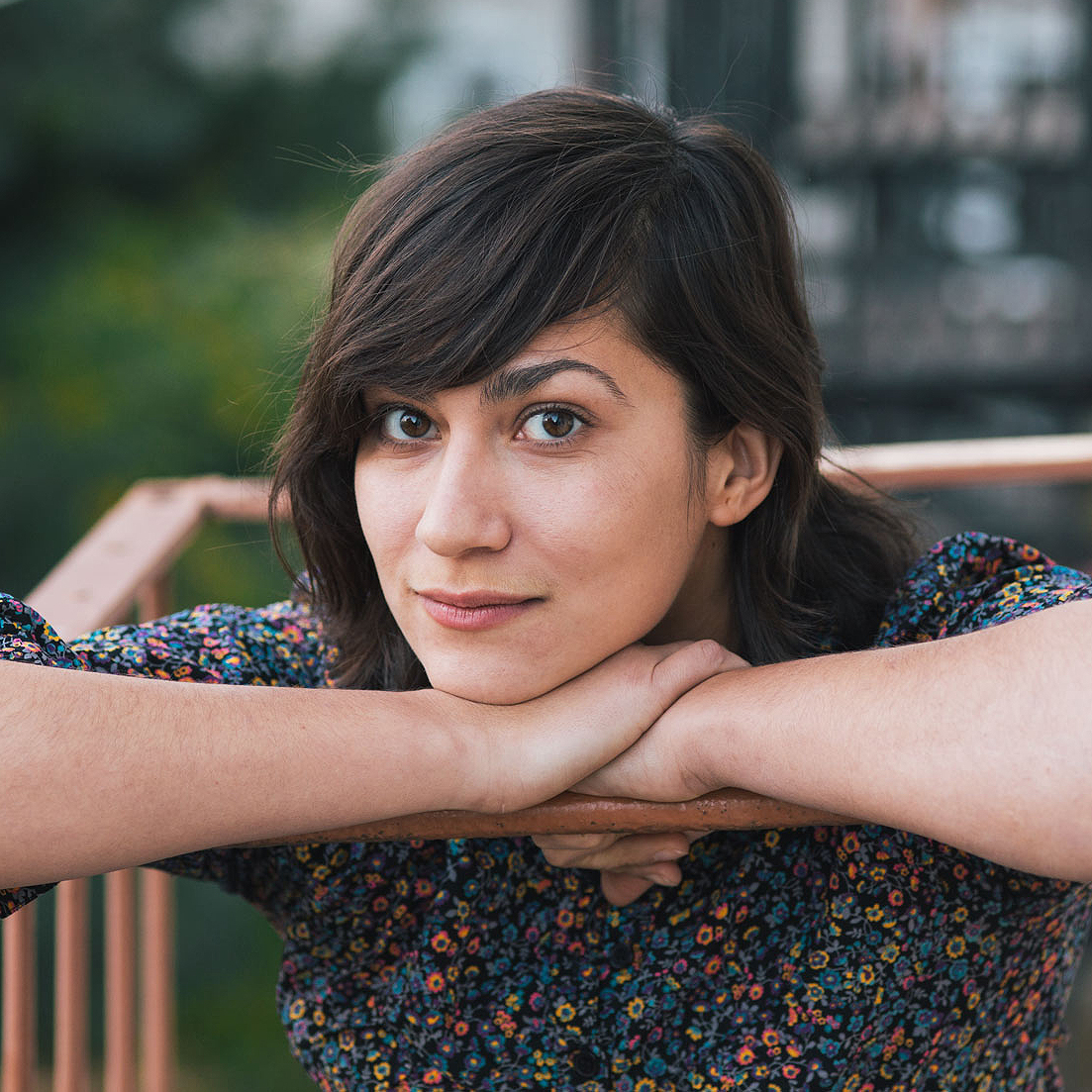
Ileana L. Selejan, PhD
Research Fellow and Lecturer, UAL Decolonising Arts Institute, Central Saint Martins(London)
Break
+Video presentation of sister women photography collectives & organizations.
Featured videos showcase WOPHA’s sister photography collectives and organizations on the voice of their founders and members, explaining its origins, mission, and support for this inaugural convening. Among the presented organizations are Fast Forward: Women in Photography, MFON: Women Photographers of the African Diaspora, Foto Féminas, Mulheres Luz, and many others. These videos provide an insider’s look into international women and non-binary like-minded collaborative projects reframing the dominant narratives of photography history.
Conversation: Can Men Create Feminist Photography? (virtual)
Charlotte Jansen, Ates Isildak, and Heather Diack, PhD
+Charlotte Jansen and Ates Isildak respond in a provocative conversation, introduced by Heather Diack, to questions such as “What is feminist photography? Art that is produced by women? Or is it the content that is feminist or not feminist?” Referencing the work of several contemporary photographers and some of the main influences on Isildak’s creative practice, this conversation will explore the concepts of male and female gaze and gender performativity.
ABOUT PARTICIPANTS
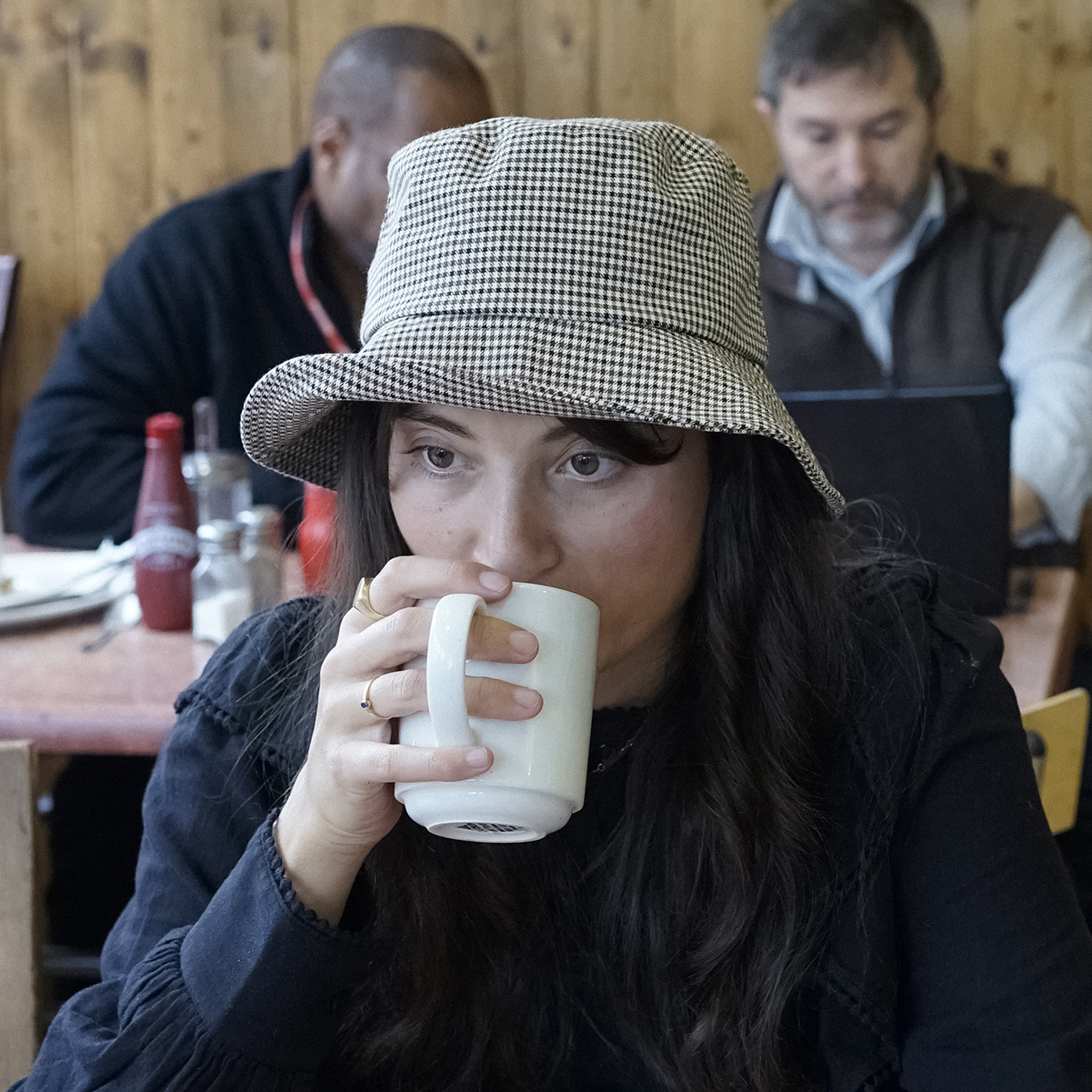
Charlotte Jansen
Author and journalist(London)
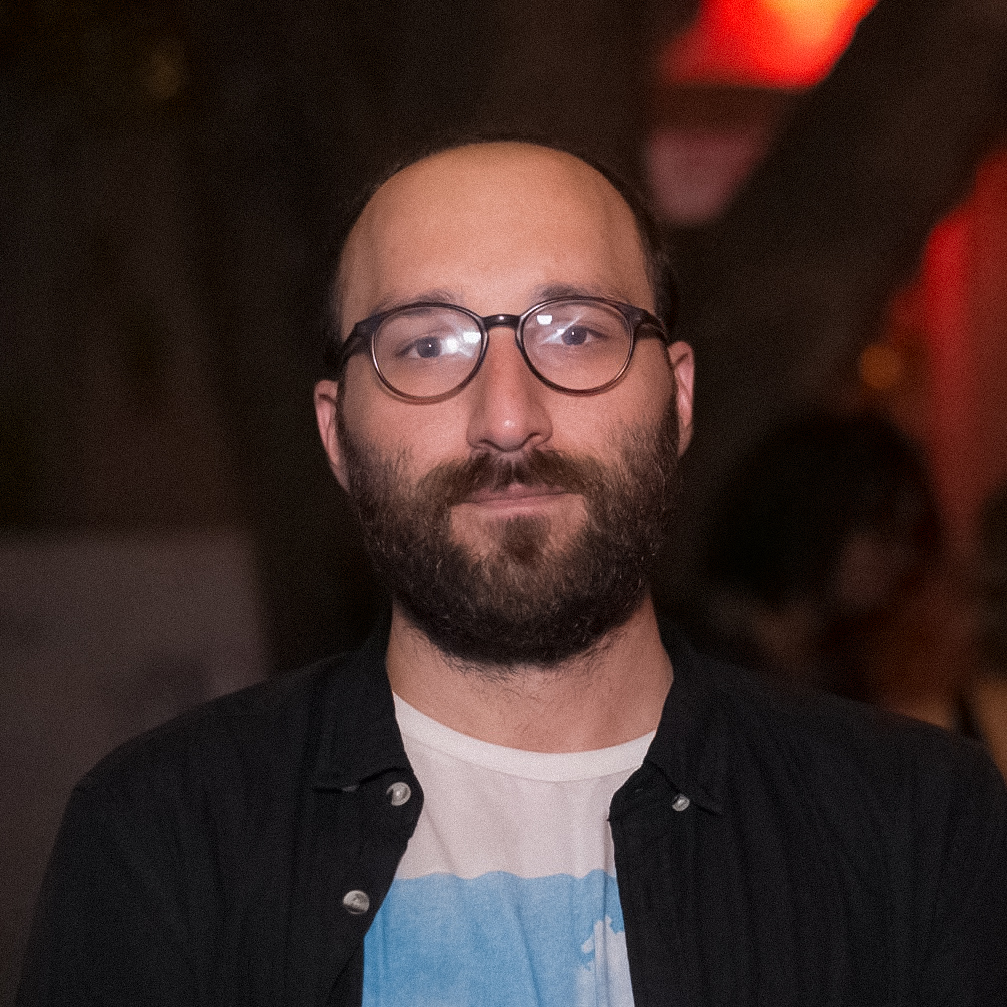
Ates Isildak
Artist(West Palm Beach)
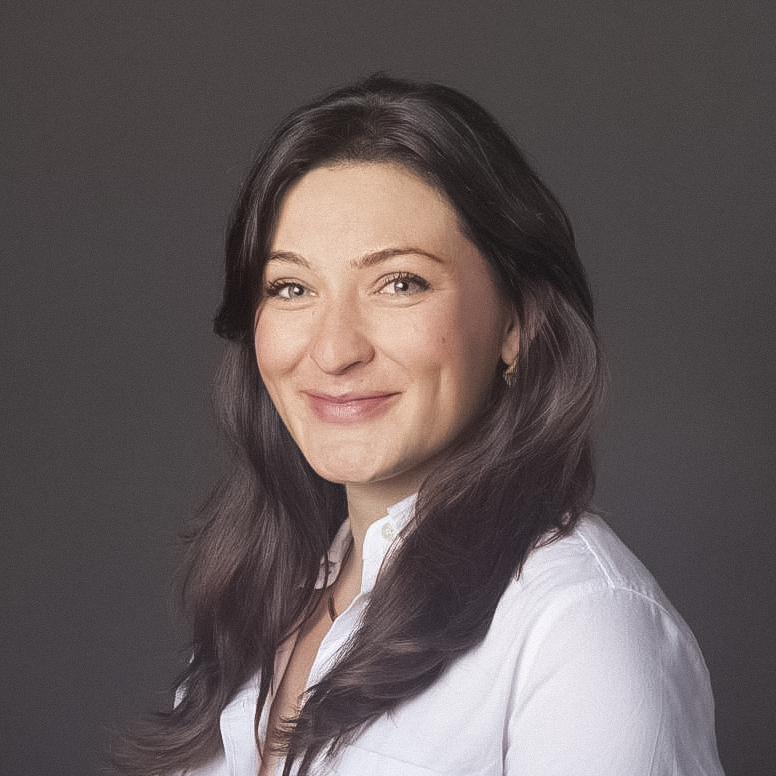
Heather Diack, PhD
Associate Professor of Art History, University of Miami(Miami)
Lunch Break
+Introduction (virtual)
Claire Raymond
+Join Claire Raymond as she introduces the keynote presentation by Roxana Marcoci, and the panel constituted of Abigail Solomon-Godeau and Elizabeth Ferrer by addressing the social status of the feminine, the notion of feminist resistance, and what makes a photograph feminist.
ABOUT PARTICIPANTS
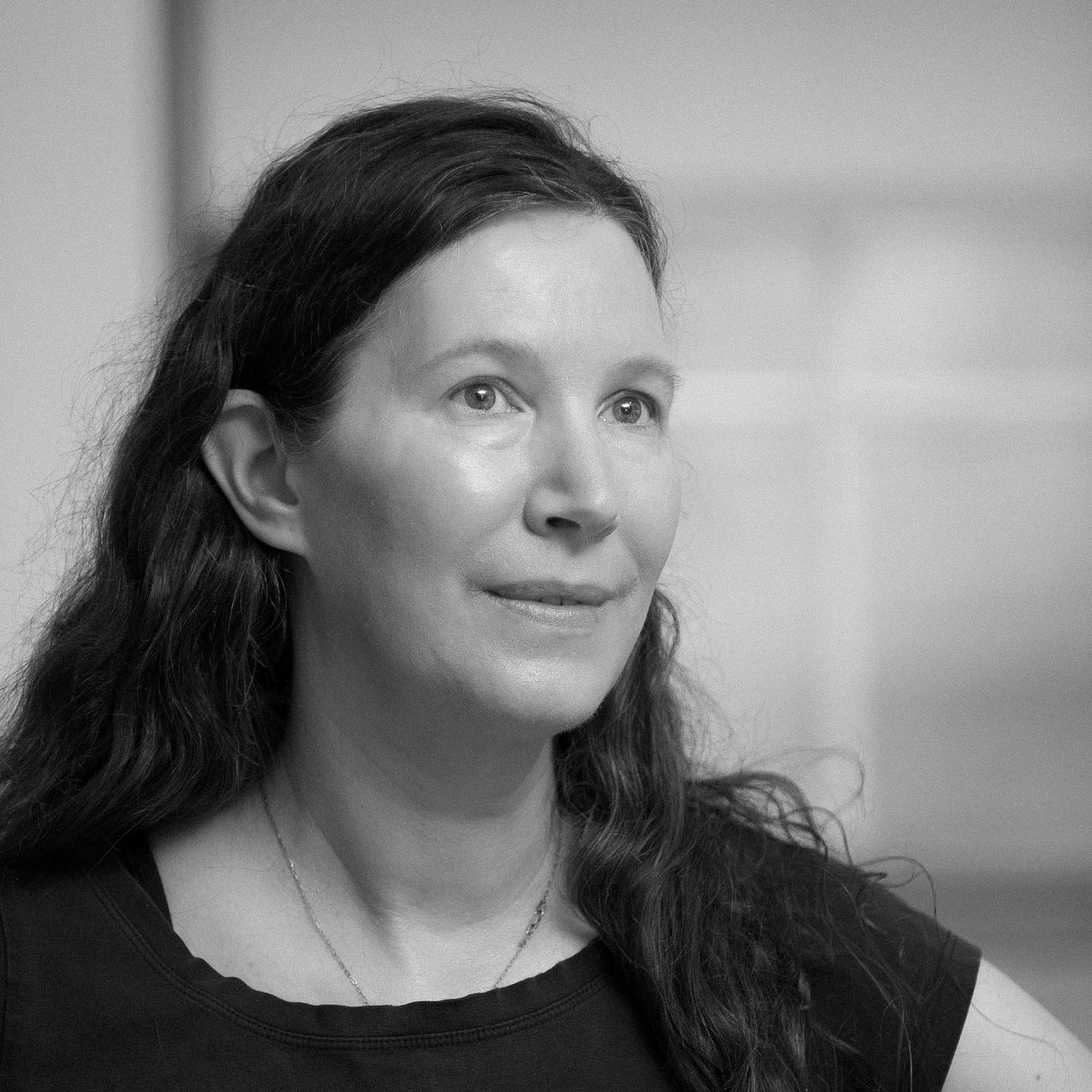
Claire Raymond
Visiting Research Collaborator, Princeton University English Department(Portland)
Keynote: A New Gaze. Refiguring the Future (virtual)
Roxana Marcoci
+How did Goshka Macuga change the intent of one of Andre Malraux’s most enduring images? What do Anna Atkins, Ovular photographers, and Carmen Winant have in common? Why did artists from Hannah Höch to Deborah Roberts choose photomontage as a strategy of representation? Women’s early engagement with and access to photography (gained by virtue of the medium’s own marginality within the arts) articulates a perceptive link between progressive politics and innovative aesthetics and an expanded concept of what an artist can be. Photography’s medial ubiquity also proffers new possibilities for offsetting the aura attributed to the original, its ideals of uniqueness, specificity, and integral knowledge, actualizing art’s sense of itinerancy, its multiple lives, and ethics of restitution.
This nonlinear presentation focuses on a cross-generational group of artists whose discourses of resistance and pursuits on the fringes of modernism ultimately defined that period and reshaped the future as much, if not more, than the activities taking place at its center. Their entangled and intersectional artistic strategies—ranging from visual montage and performative modes of self-portraiture to non-binary models of authorship and the reclamation of image legacies that have been muted—offer a mediation on history as a relational and projective process.
ABOUT PARTICIPANTS
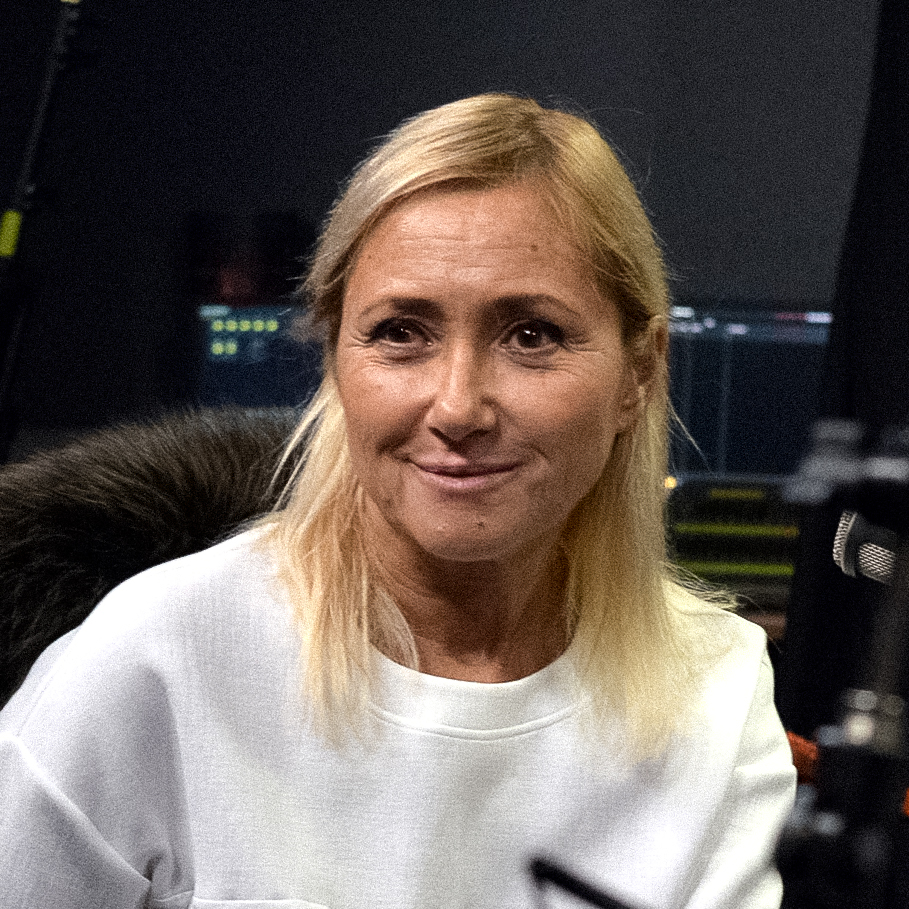
Roxana Marcoci, PhD
Senior Curator of Photography at The Museum of Modern Art (MoMA)(New York)
Panel: Weaving the Feminist Photograph: Identity, Inclusion, and Instatement (virtual)
Abigail Solomon-Godeau, Elizabeth Ferrer, and Claire Raymond
+This panel places women, in all the complex iterations and intentions of that word, in photography’s history and practice. How can and how do women remember, photographically, themselves and each other? Abigail Solomon-Godeau interrogates the relationship between the imputation of narcissism with which women who look at themselves are charged and the ability of women photographers to change the photographic canon, its history and its future. Elizabeth Ferrer, deploying critical theory and aesthetic practice, inserts Latinx women photographers into the photographic canon from which they have been largely erased. In these reinsertions, of self-seeing, of diasporic, Indigenous, and Latinx identities rising, moving beyond coloniality’s regimes, feminist photography becomes itself.
This program is presented thanks to generous support from The Jorge M. Pérez Family Foundation.
ABOUT PARTICIPANTS
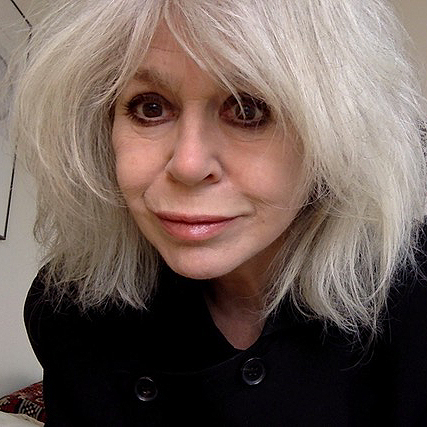
Abigail Solomon-Godeau
Professor Emerita, Department of Art History at University of California(Paris)
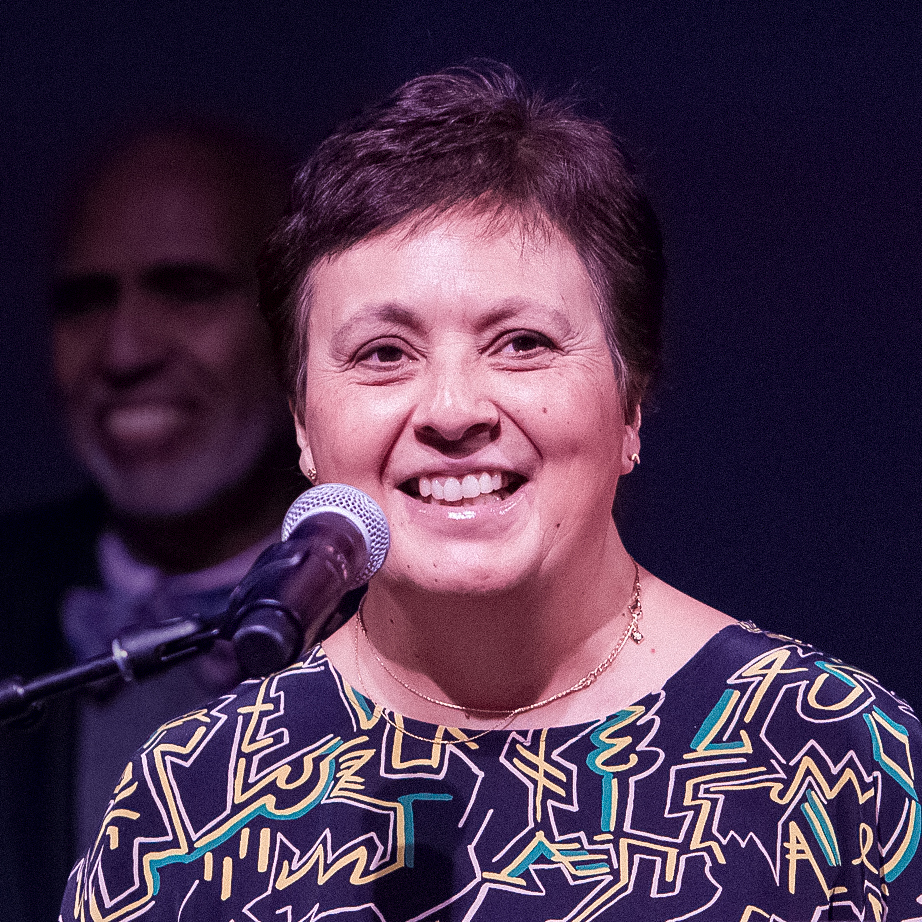
Elizabeth Ferrer
Writer, curator, and Vice President Contemporary Art at BRIC(New York)

Claire Raymond
Visiting Research Collaborator, Princeton University English Department(Portland)
Welcoming Remarks (in-person and virtual)
Franklin Sirmans, Darlene Pérez, and Aldeide Delgado
+Join Franklin Sirmans, Darlene Pérez, and Aldeide Delgado as they highlight PAMM and WOPHA’s history and ongoing commitment to promote and support women artists and photographic practices. It will take place in person at PAMM and will be live-streamed on YouTube.
ABOUT PARTICIPANTS
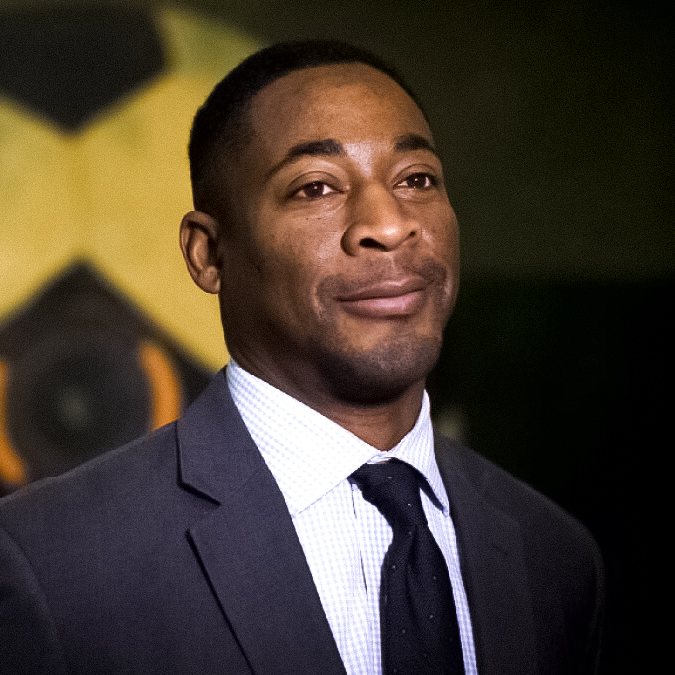
Franklin Sirmans
Director of Pérez Art Museum Miami (PAMM)(Miami)
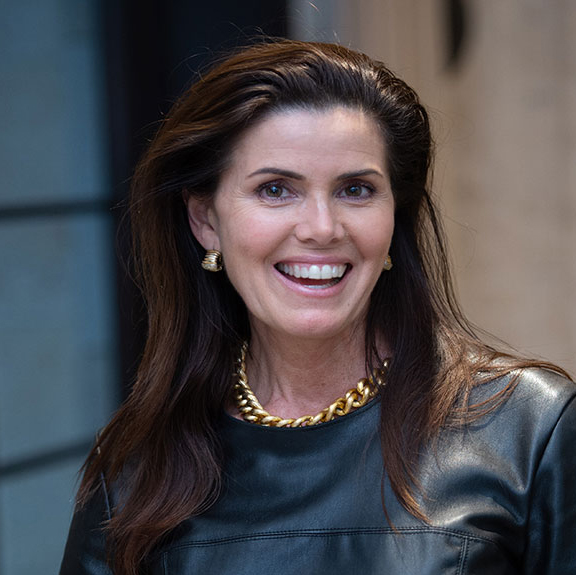
Darlene Pérez
PAMM International Women's Committee (IWC)(Miami)

Aldeide Delgado
WOPHA Founder & Director(Miami)
Spoken Word: Letter to the Forgotten Grandmother (in-person and virtual)
Simone Lagrand
+What if this poem had no picture? Because its main protagonist is buried under layers of historic invisibility, colonial dust, and genealogical abyss. This poetic performance by Simone Lagrand is a tribute to ancestors who don’t have surnames and sometimes don’t even have a name. How did they look like? How to honor them so that they are never forgotten?
This program is presented in partnership with Villa Albertine and the French Embassy in the United States.
ABOUT PARTICIPANTS
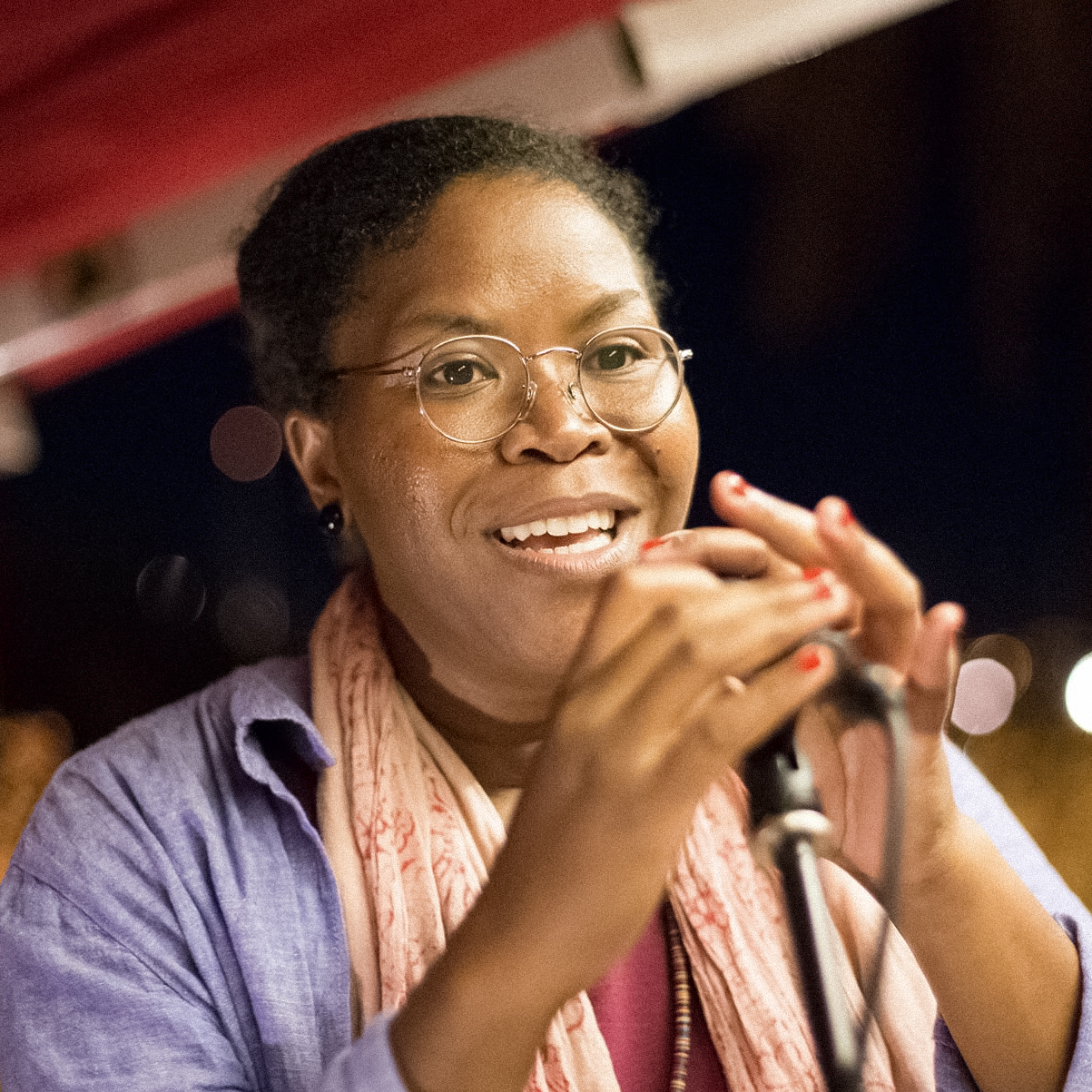
Simone Lagrand
Artist and poet(Martinique)
Keynote: Returning the Gaze. Portraits to Self-Portraits (in-person and virtual)
Deborah Willis
+This lecture presents a select group of women photographers of the African diaspora working in the twentieth and twenty-first centuries whose works critically analyze and locate the Black female body in contemporary art and in historical images in order to frame new identities. Drawing from her work as a photographer and that of other women artists, Deborah Willis addresses the relationship of the camera to the self and asks how photography, in its capacity to return the gaze, allows us to understand and alter identity, instating social and aesthetic voice to diasporic women.
Women photographers have been forced to look at themselves, their intimate spaces and environments, and to consider multiple narratives of desire, complacency, pleasure, and loss. The self-portraiture genre encompasses several interweaving stories examining identity, representation, selfhood, memory, fear, and the environment. Various poses expose moments of vulnerability and a desire to seek the idealized self. The impressive range of images Willis examines overturns the notion of self-portraits as mirrored reflections of the body—they become more reflexive as each photographer engages with the issues of their time. They make an imagined existence legible, establish a ‘realized’ presence, and transform moments of the past.
ABOUT PARTICIPANTS
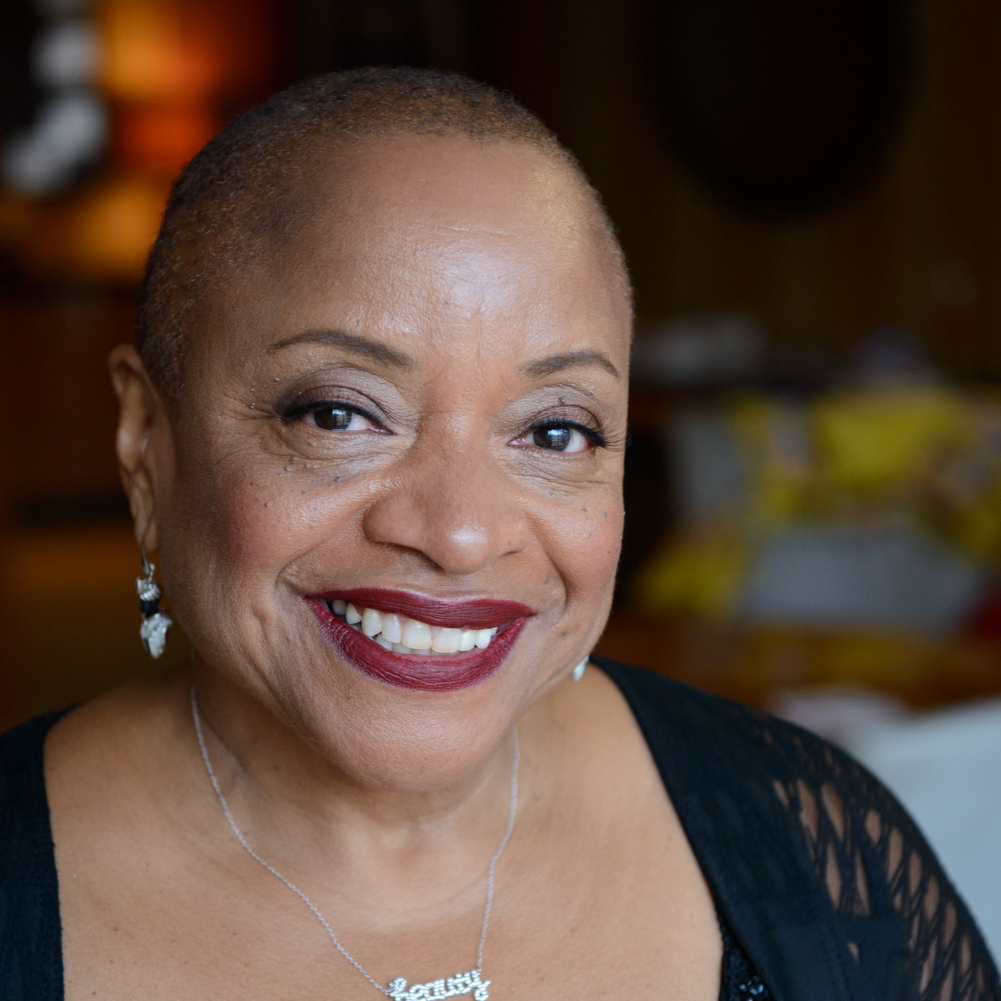
Deborah Willis, PhD
Artist and University Professor and Chair of the Department of Photography & Imaging at New York University - Tisch School of the Arts(New York)
Conversation: El Picnic, A Meeting Place for Photography (in-person and virtual)
Laura González-Flores, Eugenia Vargas Pereira, Nereida Garcia Ferraz, and Aldeide Delgado
+Nereida García Ferraz, Eugenia Vargas Pereira, and Laura Gonzalez Flores meet for the first time after thirty years in a conversation moderated by Aldeide Delgado about photography, collaboration, and community. The discussion will present the experiences of their ovular photo-performance “El Picnic,” while discussing some of the artists’ recent projects.
This program is presented thanks to generous support from María C. Bechily.
ABOUT PARTICIPANTS
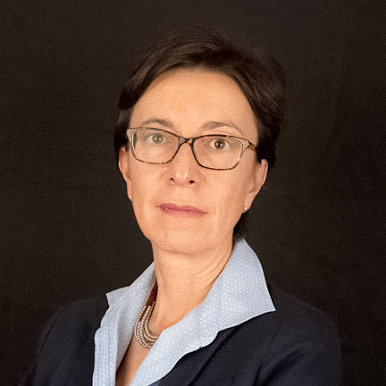
Laura González-Flores, PhD
Senior Researcher at the Institute of Aesthetic Research, National Autonomous University of Mexico (UNAM)(Mexico City)
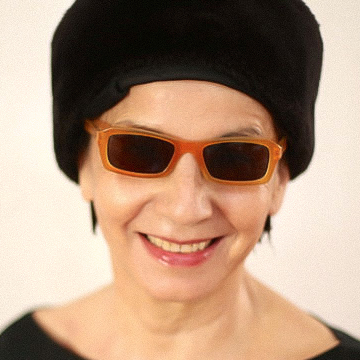
Eugenia Vargas Pereira
Artist(Tucson)
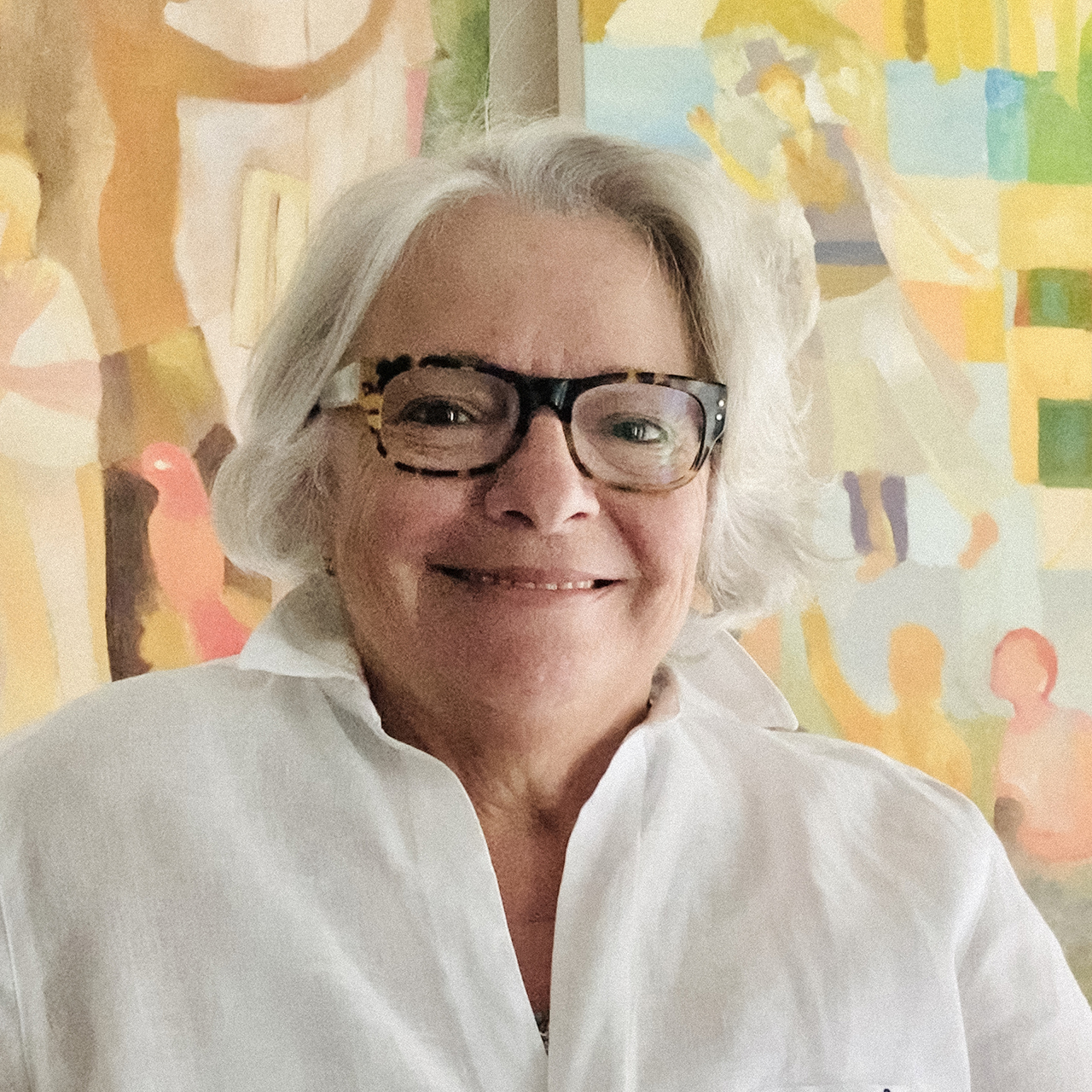
Nereida Garcia Ferraz
Artist(Miami)

Aldeide Delgado
WOPHA Founder & Director(Miami)
Break
+Video presentation of sister women photography collectives & organizations.
Featured videos showcase WOPHA’s sister photography collectives and organizations on the voice of their founders and members, explaining its origins, mission, and support for this inaugural convening. Among the presented organizations are Fast Forward: Women in Photography, MFON: Women Photographers of the African Diaspora, Foto Féminas, Mulheres Luz, and many others. These videos provide an insider’s look into international women and non-binary like-minded collaborative projects reframing the dominant narratives of photography history.
Conversation: Documentary Photography and the Power of Imagination (in-person and virtual)
Laylah Amatullah Barrayn, Vanessa Charlot, Veronica Sanchis Bencomo, Maggie Steber, and Daniella Zalcman
+Preeminent women photographers working today, Laylah Amatullah Barrayn, Vanessa Charlot, Verónica Sanchis Bencomo, Maggie Steber, and Daniella Zalcman, meet in a conversation with Whitney Johnson. Building upon the concept of power and imagination, the discussion will address the photographers’ creative practice, the challenges they have faced, and the turning points in contemporary documentary photography.
ABOUT PARTICIPANTS
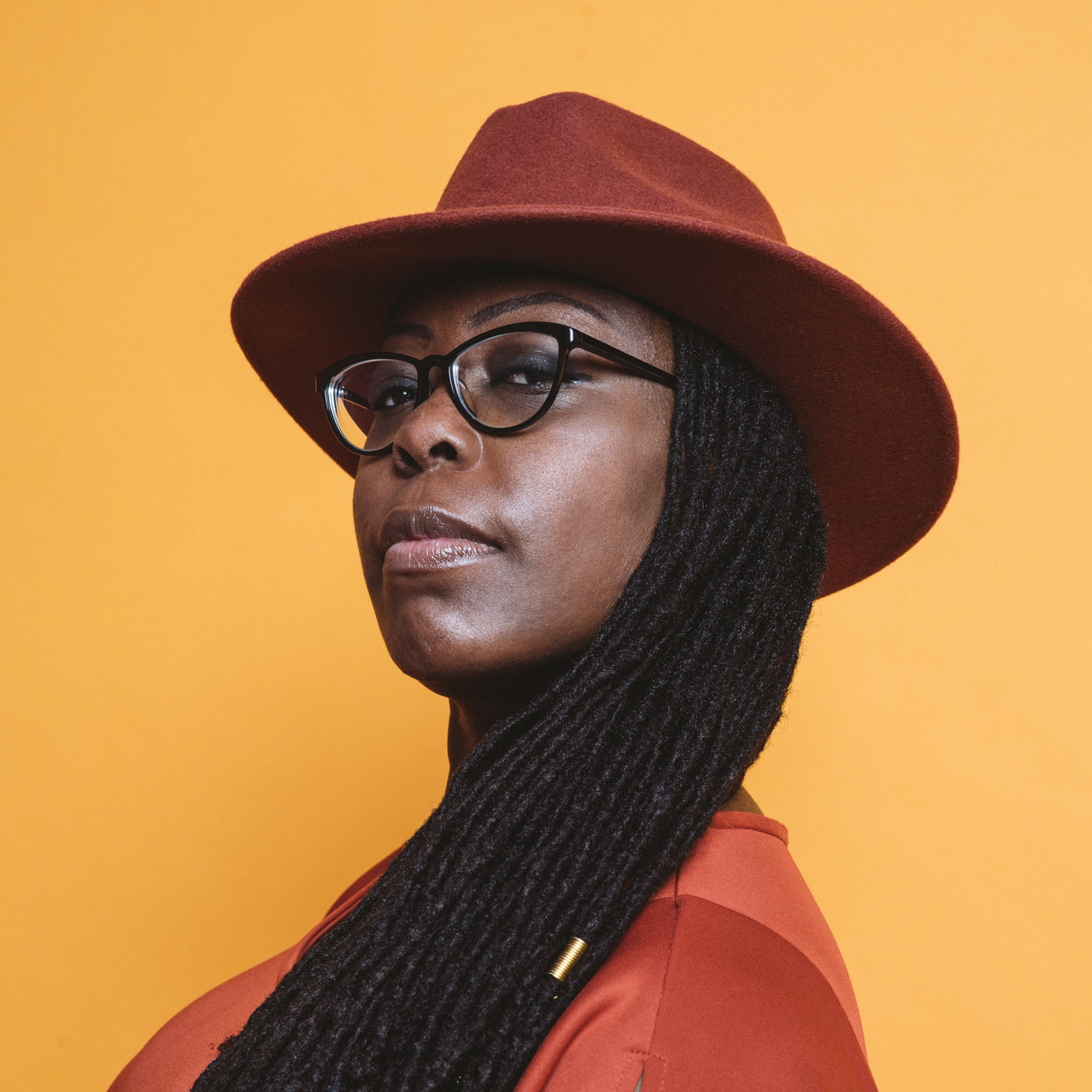
Laylah Amatullah Barrayn
Documentary photographer and Co-founder of MFON: Women Photographers of the African Diaspora(New York)
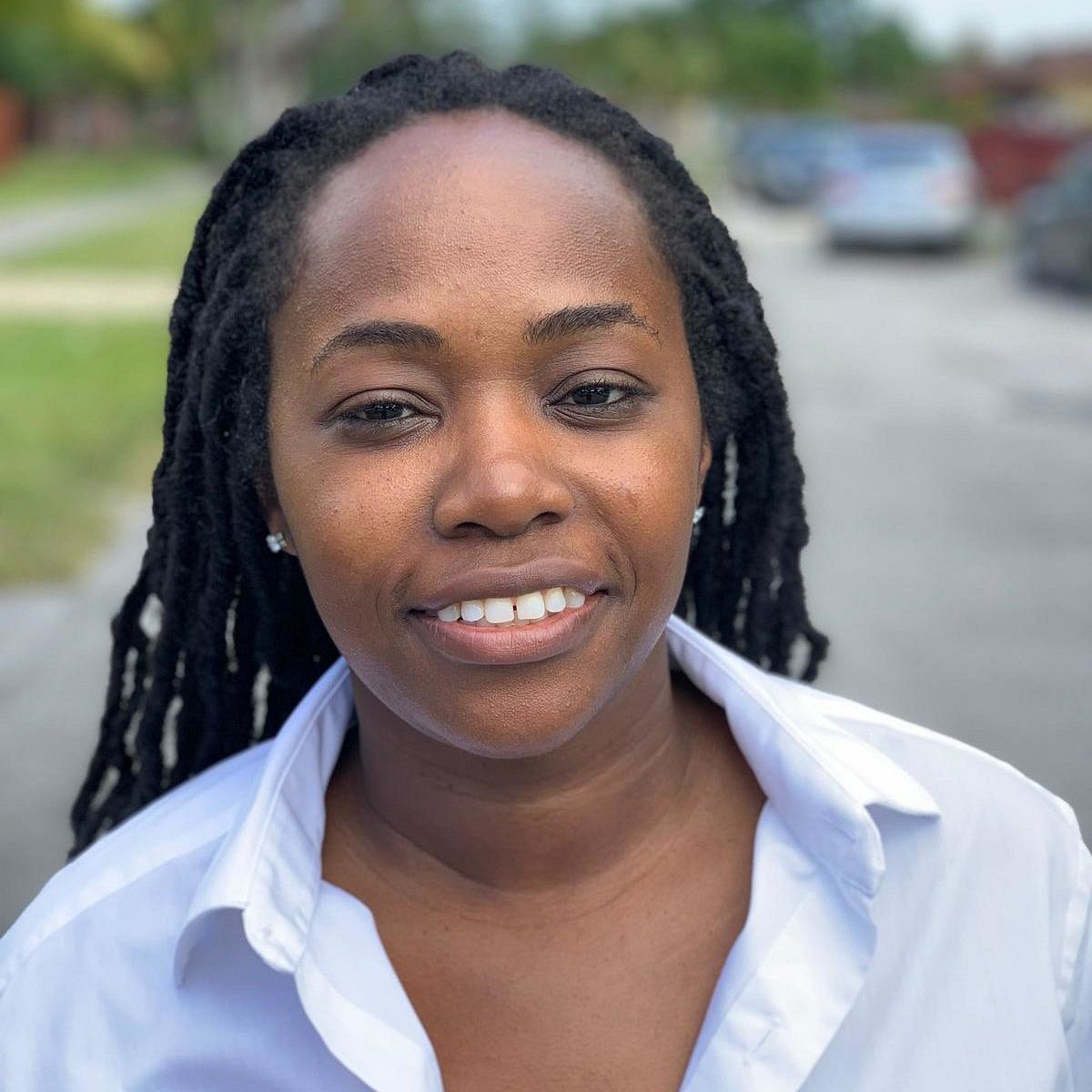
Vanessa Charlot
Documentary photographer, filmmaker, lecturer, and curator(Miami)
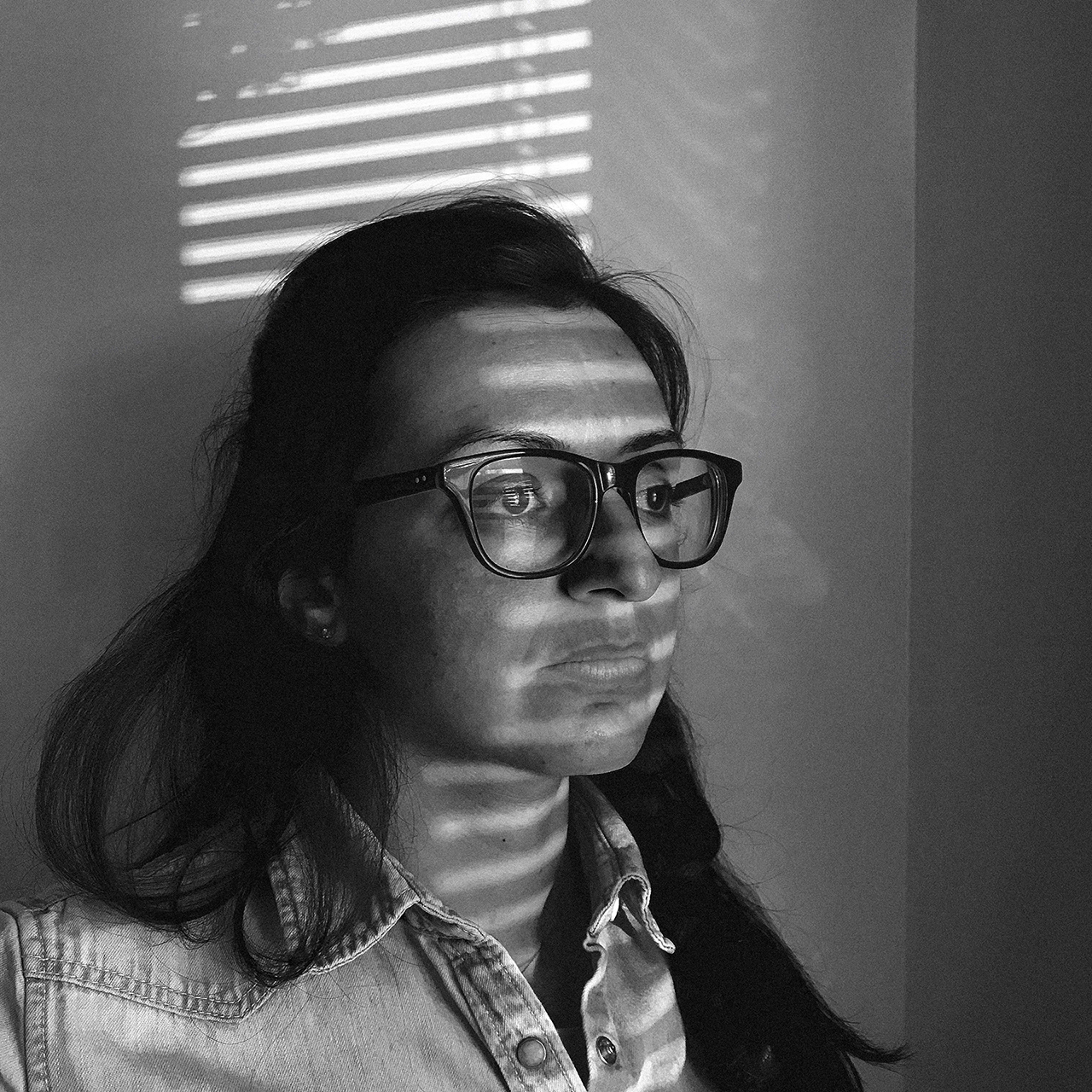
Verónica Sanchis Bencomo
Photographer and Founder of Foto Féminas(New York)
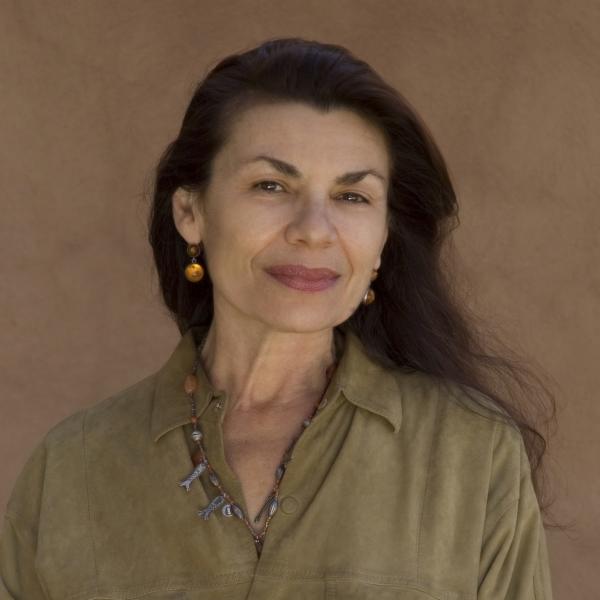
Maggie Steber
Guggenheim Foundation Fellow and Photographer(Miami)
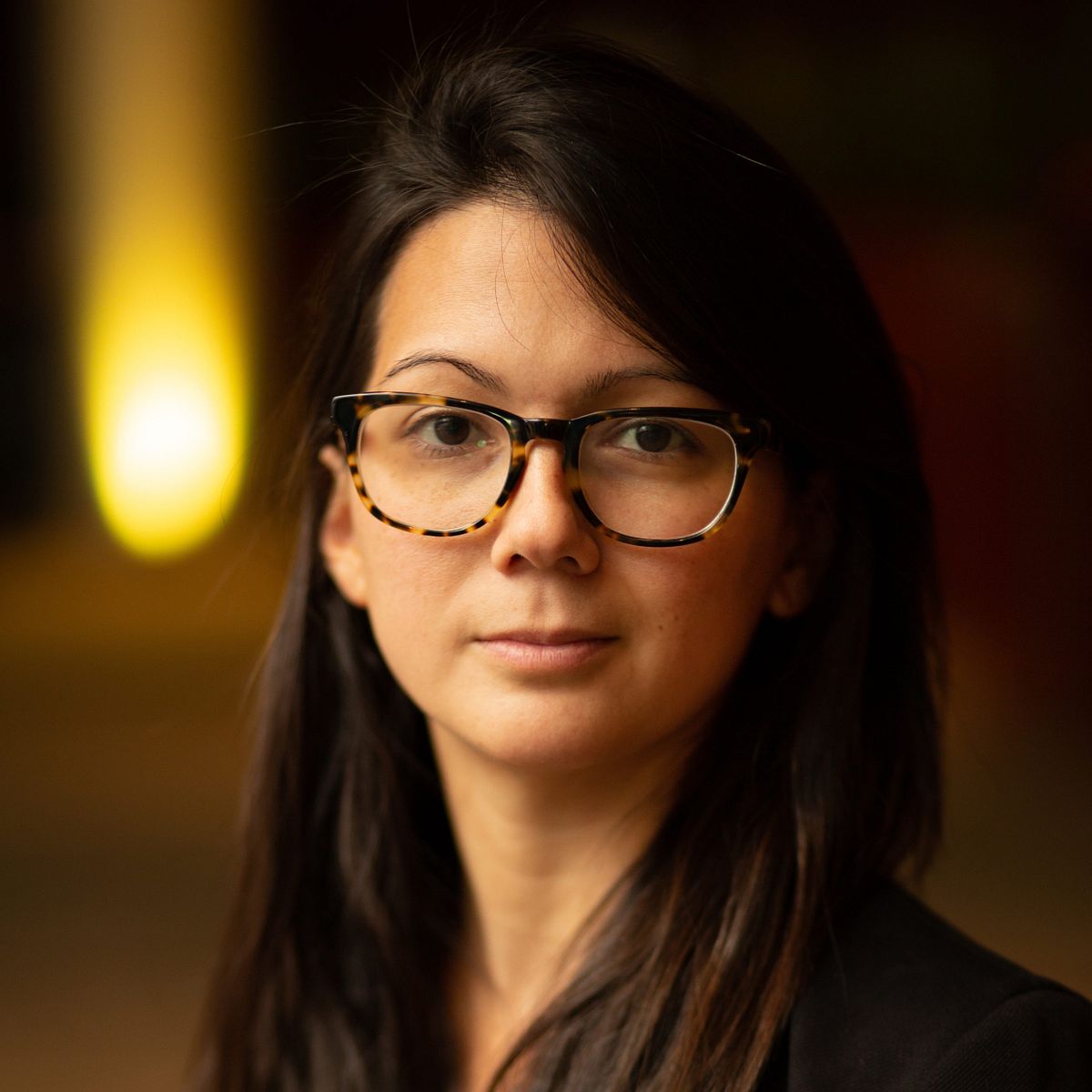
Daniella Zalcman
Photographer and Founder of Women Photograph(New York)
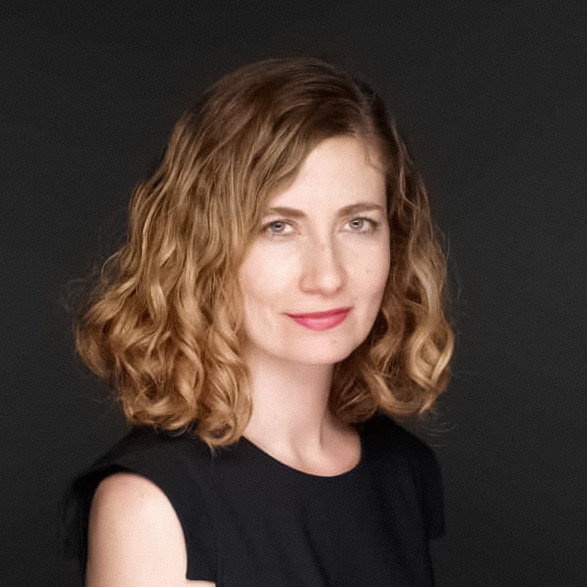
Whitney Johnson
Vice President of Visuals and Immersive Experiences at National Geographic Partners(Washington, DC)
Closing Remarks (in-person and virtual)
Marie Vickles
+Marie Vickles concludes the first day of the Congress at PAMM, presenting the importance of radical solidarity in the midst of a tumultuous and challenging time for the majority of humans across our planet.
ABOUT PARTICIPANTS

Marie Vickles
Director of Education at the Pérez Art Museum Miami(Miami)
Welcoming Remarks (in-person and virtual)
Amy Rosenblum-Martín and Andreína Fuentes Angarita
+Join Amy Rosenblum-Martín and Andreína Fuentes Angarita as they introduce the program of the Congress second day at PAMM. Fuentes Angarita will highlight her historical practice promoting women’s work through her multifaceted career as museologist, curator, gallerist, philanthropist, collector, and photographer.
ABOUT PARTICIPANTS

Amy Rosenblum-Martín
WOPHA Curator of Programming(New York)
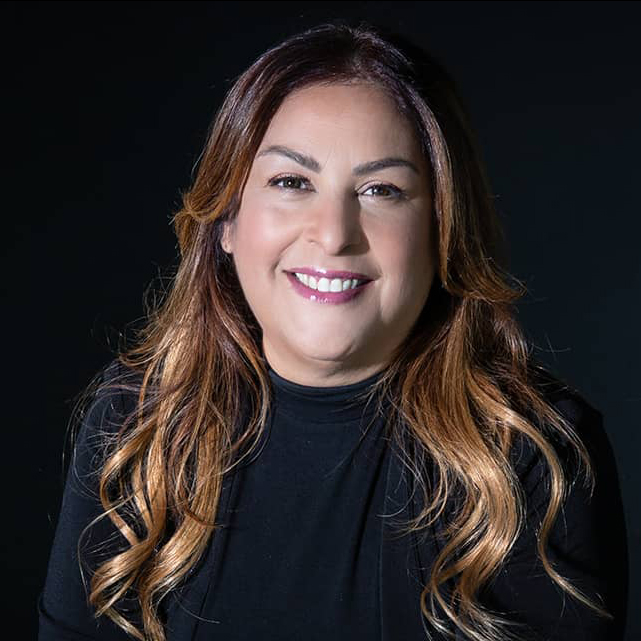
Andreína Fuentes Angarita
Artist, Curator, Collector, and Founder, Arts Connection Foundation(Miami)
Conversation: Productive Failure and Queer Photography (in-person and virtual)
Alpesh Kantilal Patel and Carlotta Boettcher
+Taking as a point of departure Alpesh Patel’s research on productive failure and queer creative practices, this conversation highlights the pioneering photographic work of Carlotta Boettcher. Her series San Francisco Urban Portraits evidence how, in the early 70s, the concepts of family, identity, gender, and sexual orientation were renegotiated and recreated by the emergence of a new sense of community.
This program is presented thanks to generous support from Arts Connection Foundation.
ABOUT PARTICIPANTS
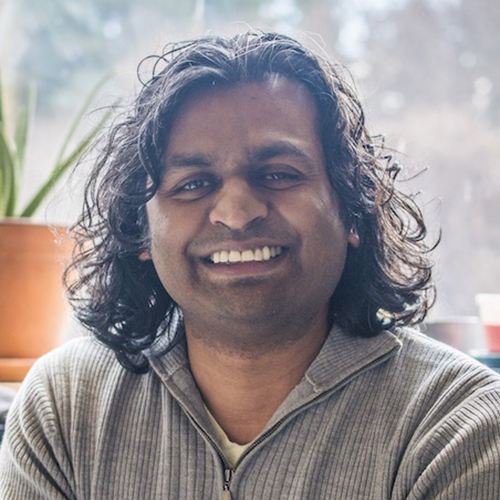
Alpesh Kantilal Patel, PhD
Associate Professor of Contemporary Art and Visual Culture at Tyler School of Art and Architecture, Temple University(Philadelphia)
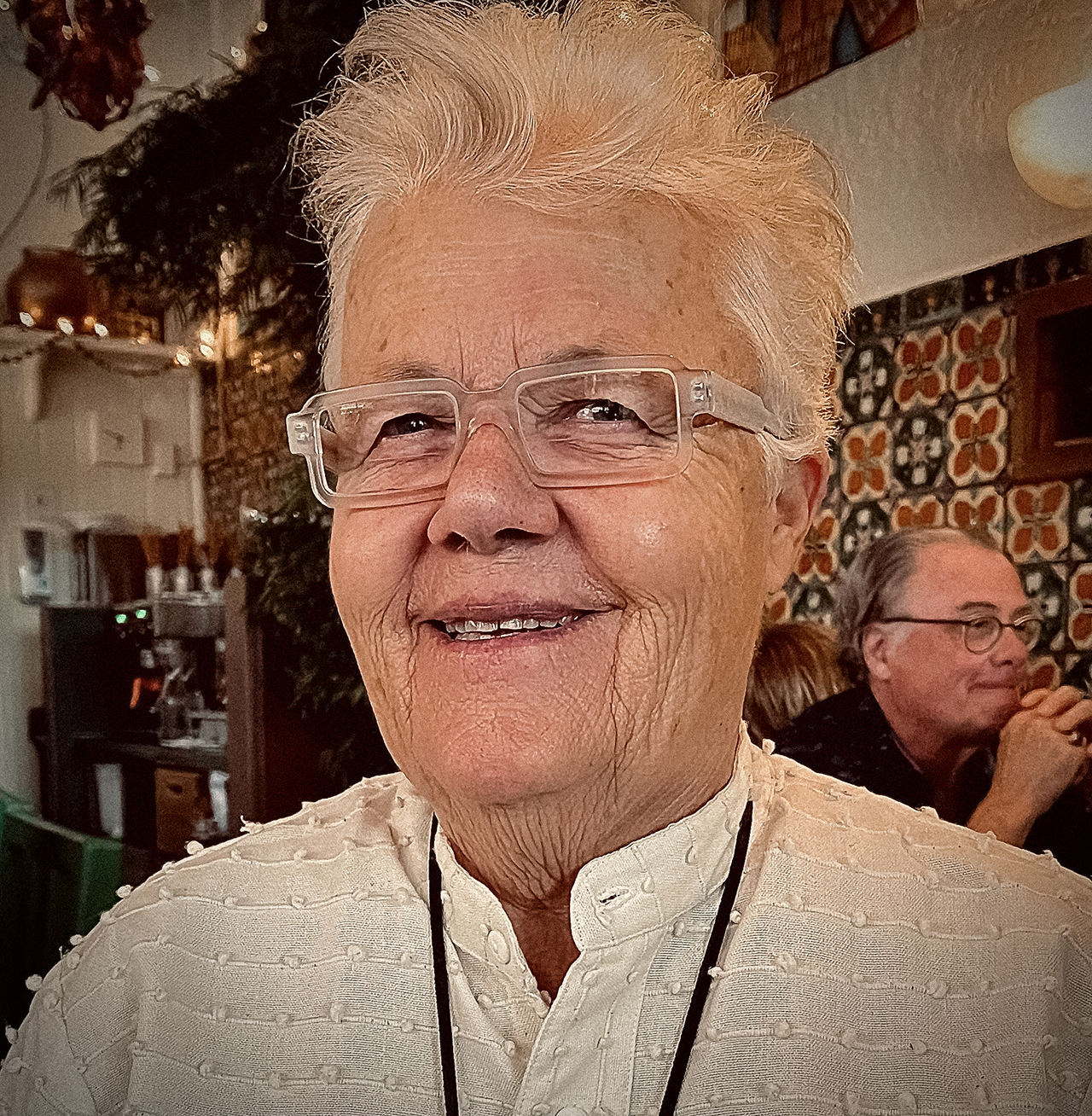
Carlotta Boettcher
Artist(Guatemala)
Artist Lecture Adama Delphine Fawundu (in-person and virtual)
Adama Delphine Fawundu
+2021 WOPHA Artist in Residence Adama Delphine Fawundu presents her photographic work and role as co-founder of MFON: Women Photographers of the African Diaspora – an organization committed to establishing and representing a collective voice of women photographers of African descent.
ABOUT PARTICIPANTS
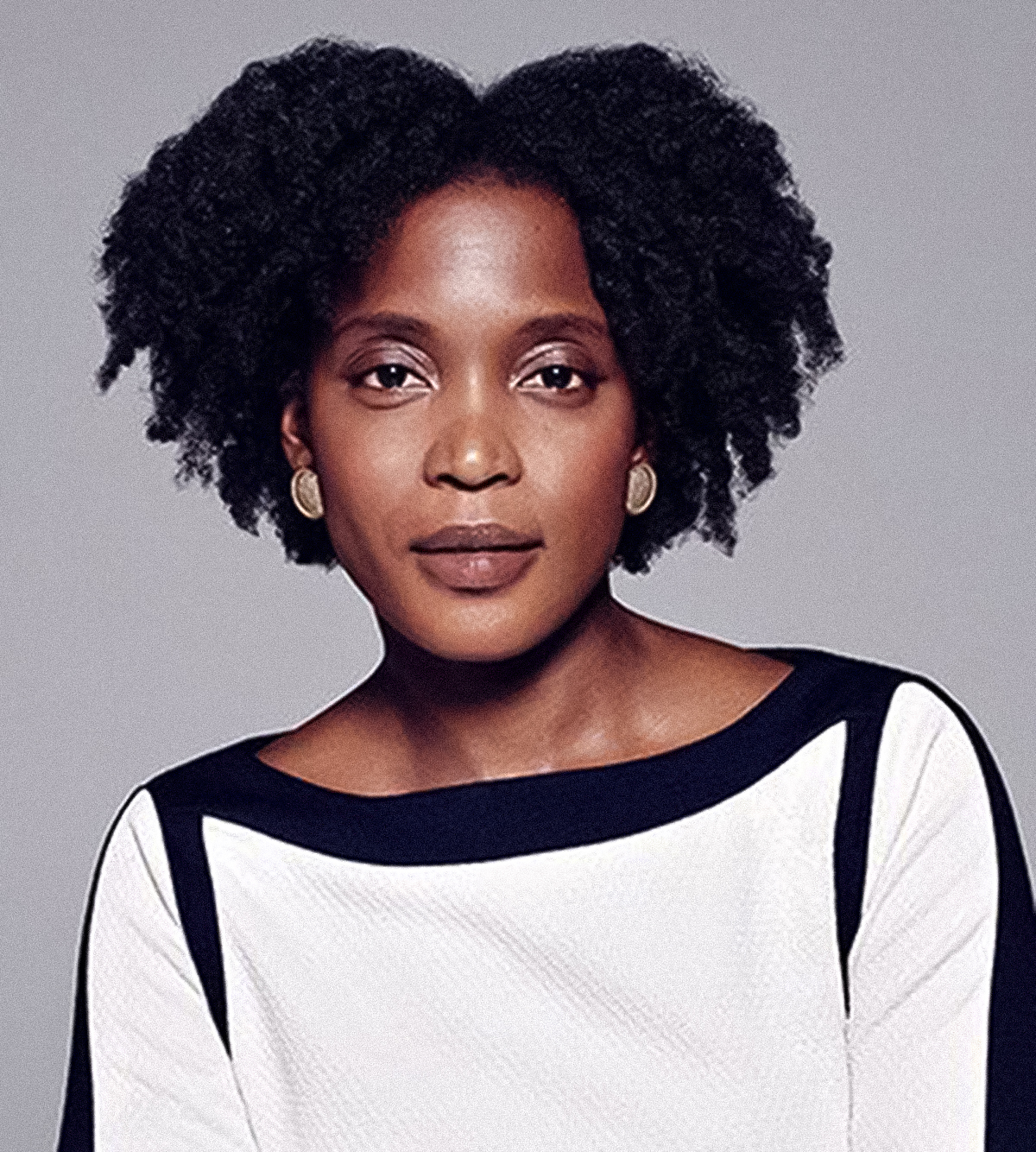
Adama Delphine Fawundu
Artist and Co-founder of MFON: Women Photographers of the African Diaspora(New York)
Panel: This Is Not an Archival Object (hybrid)
Ariella Aïsha Azoulay, Deborah Dorotinsky, Shoair Mavlian, and Ángeles Donoso Macaya
+An heiress demands the restitution of the daguerreotype of her enslaved ancestor from the museum that preserves his captive image; a Tzotzil artist photographs objects, knowledges, and practices of her Indigenous community; a Greek-Armenian artist composes collages and film using found photographic and film materials produced by and for the United States and Western audiences. Resorting to the abolitionist imagination, decolonial approaches and methods, postcolonial theory, and feminisms, the presentations in this panel probe and interrogate the Archive as a space interconnected to racial capitalism, the establishment of settler-colonial states, and the sexual division of labor, from its very inception. If a practice is a provisional way of operating within dominant spaces, these archival, photographic, and artistic practices bring to the fore the notion that archival objects are not dead matter; on the contrary, they can—and should—be reactivated and potentialized in order to dismantle the Archive in its imperial form. The panel will include in-person and virtual presentations. It will be live-streamed on YouTube.
This program is presented thanks to generous support from Green Family Foundation.
ABOUT PARTICIPANTS
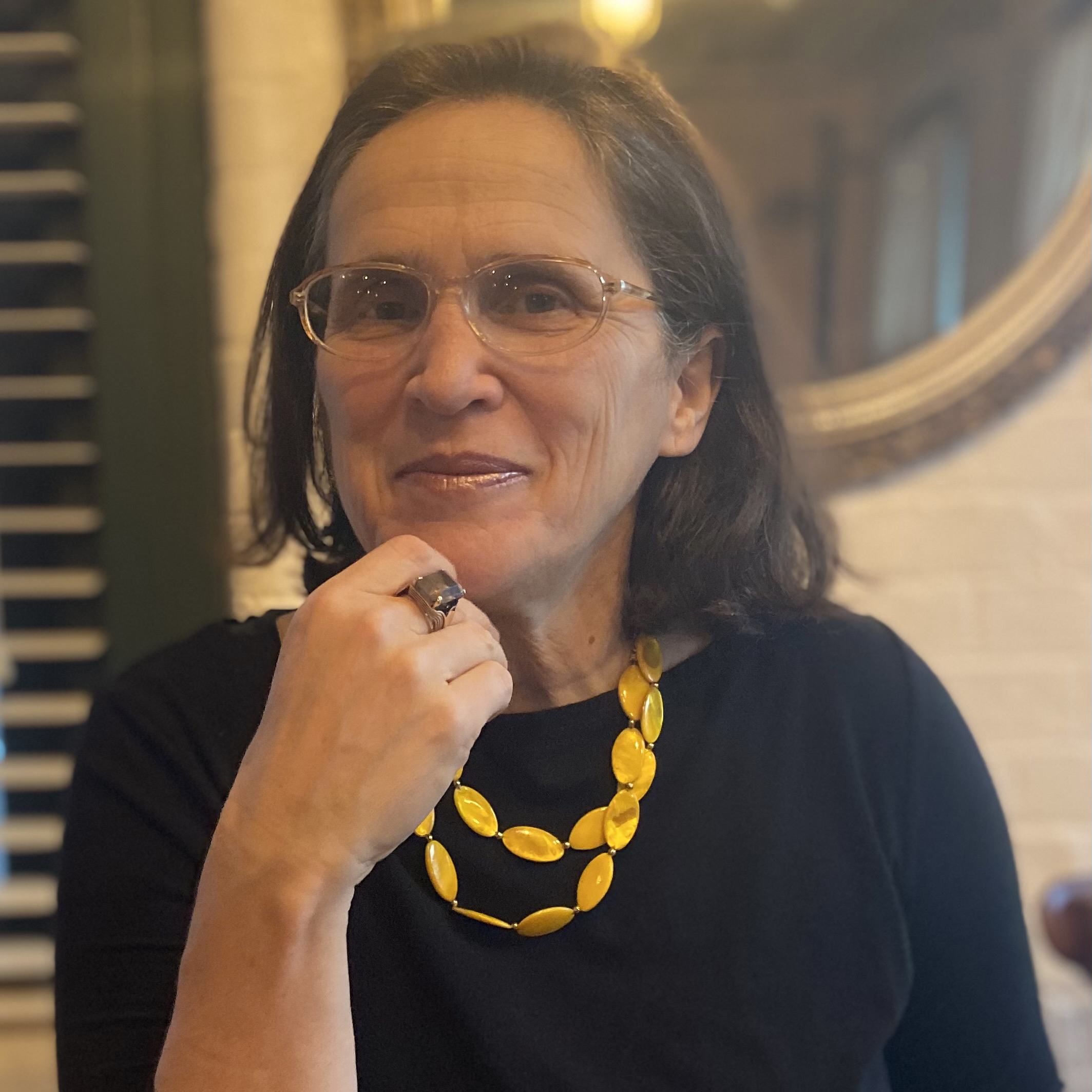
Ariella Aïsha Azoulay, PhD
Professor of Modern Culture and Media and Comparative Literature, Brown University, film essayist, and curator of archives and exhibitions(Providence)
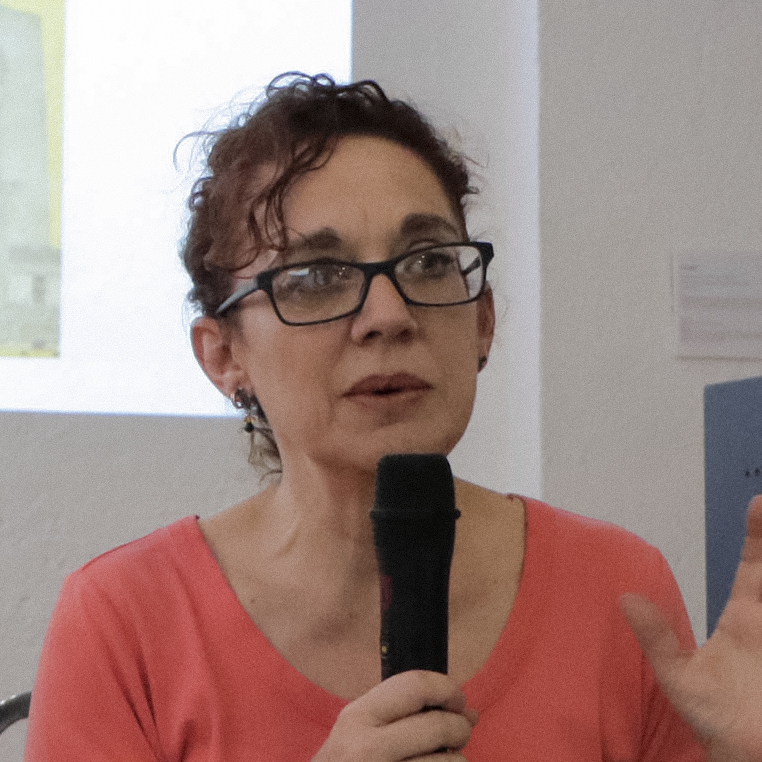
Deborah Dorotinsky, PhD
Researcher at Universidad Nacional Autónoma de México (UNAM)(Mexico City)
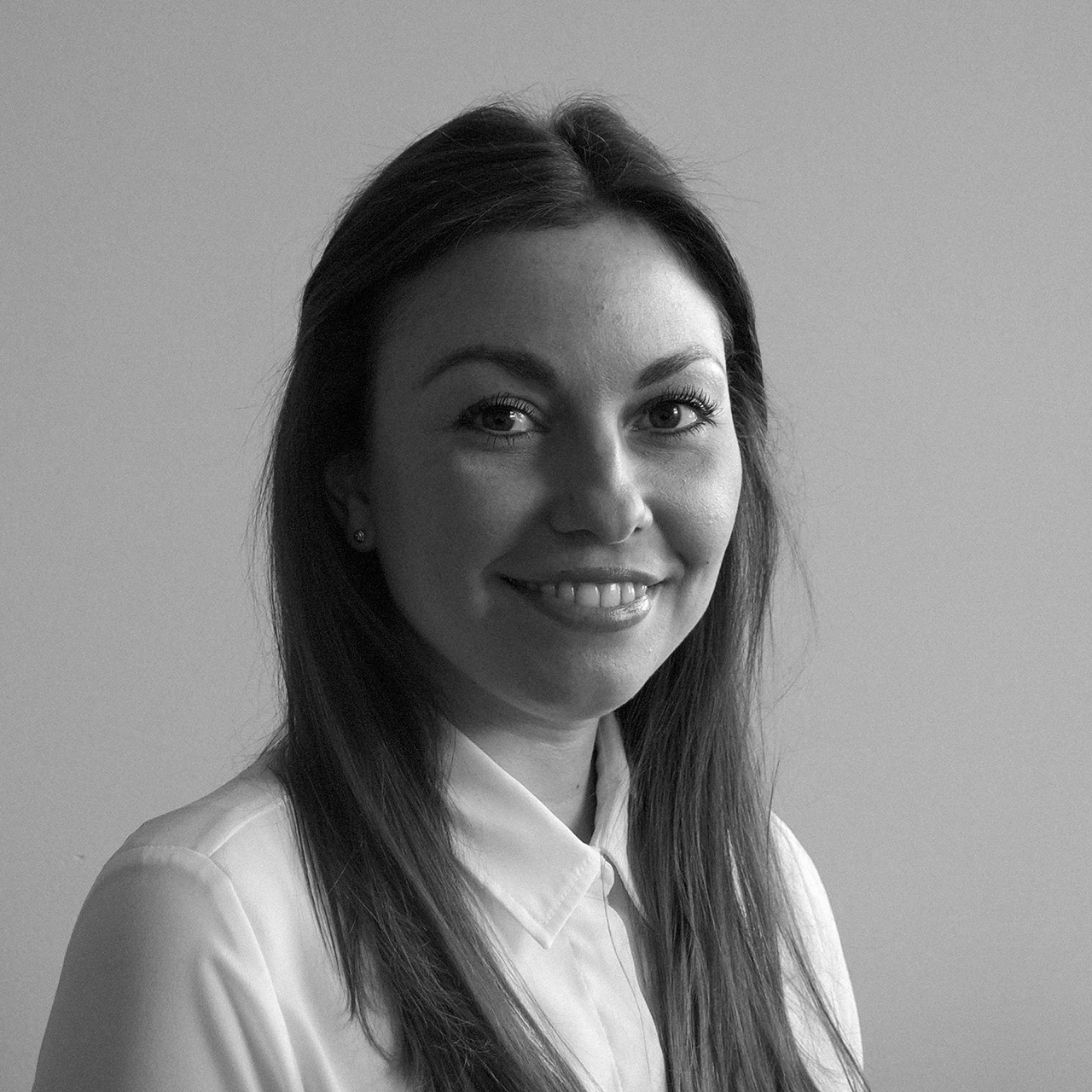
Shoair Mavlian
Director of Photoworks(London)
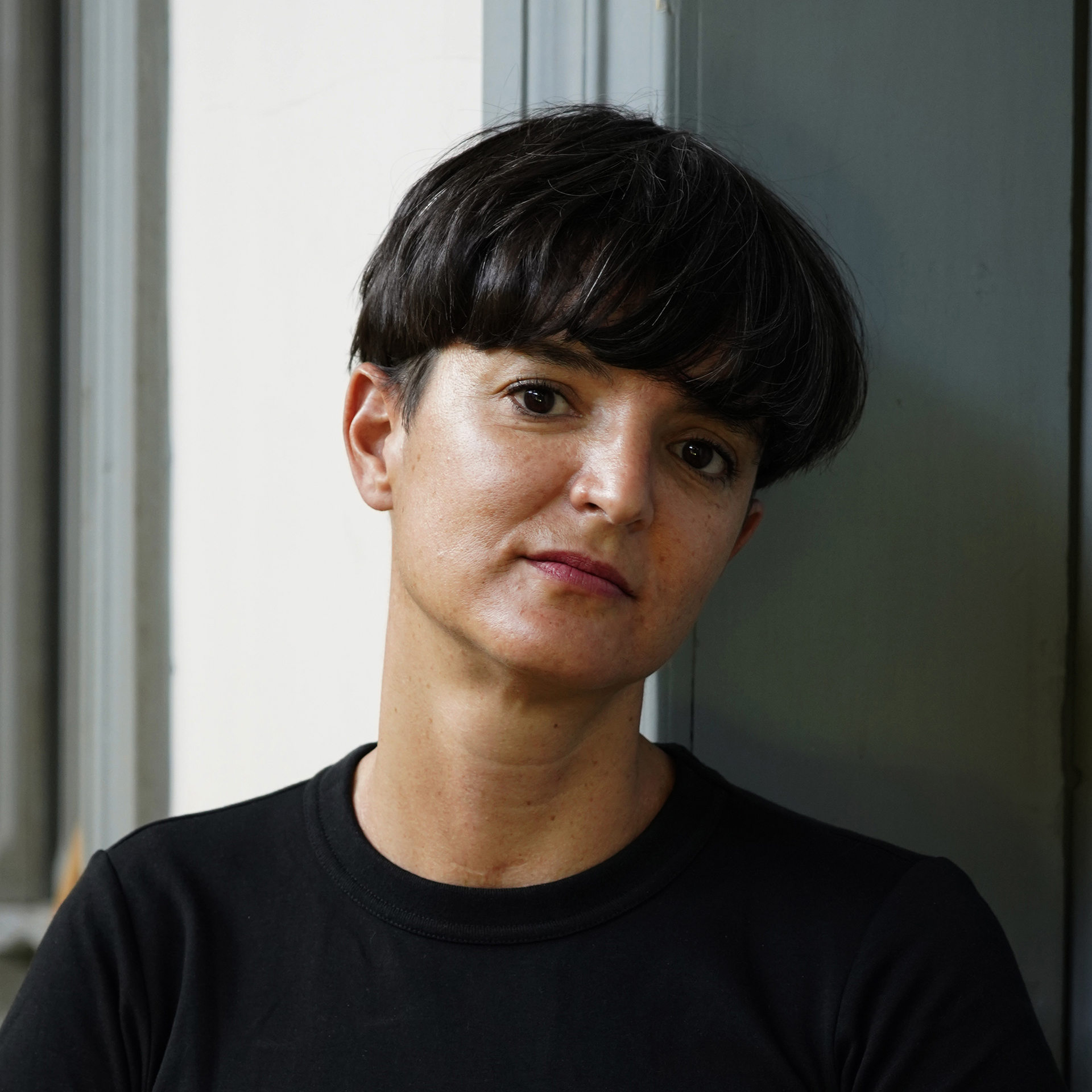
Ángeles Donoso Macaya
Educator, researcher, organizer, and professor at Borough of Manhattan Community College(New York)
Lunch Break
+Artist Lecture: María Martínez-Cañas (in-person and virtual)
María Martínez-Cañas
+Join María Martínez-Cañas as she inaugurates the afternoon session with a presentation about her work on archives – specifically the material in the José Gomez-Sicre Visual Archives, which she owns. How these archives have served as source and personal history for her. She will also speak briefly on her upcoming 2022 exhibition at The Museum of The Americas, in Washington DC.
ABOUT PARTICIPANTS
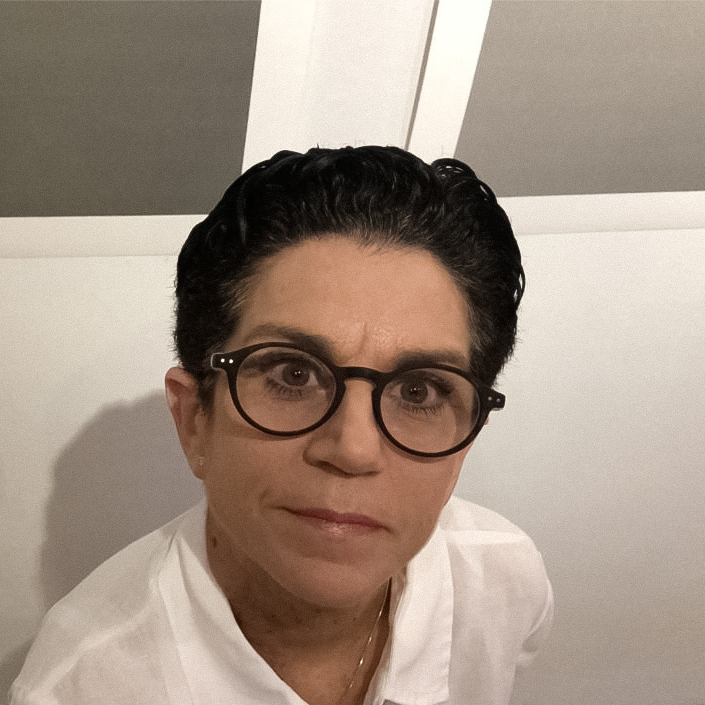
María Martínez-Cañas
Artist(Miami)
Keynote: The New Woman Behind the Camera (in-person and virtual)
Andrea Nelson, PhD
+Andrea Nelson will discuss the global presence of women photographers during the 1920s to the 1950s, as featured in her current exhibition, The New Woman Behind the Camera. The project examines a diverse group of more than 120 women who made significant advances in the field of modern photography. Their pioneering work reflects not only their personal experiences, but also the extraordinary social and political transformations of the first half of the twentieth century. Through their efforts to gain creative agency and independence, these photographers were part of the broader ongoing struggle to achieve gender equity. Often overlooked, their contributions are key to a more inclusive history of photography.
ABOUT PARTICIPANTS
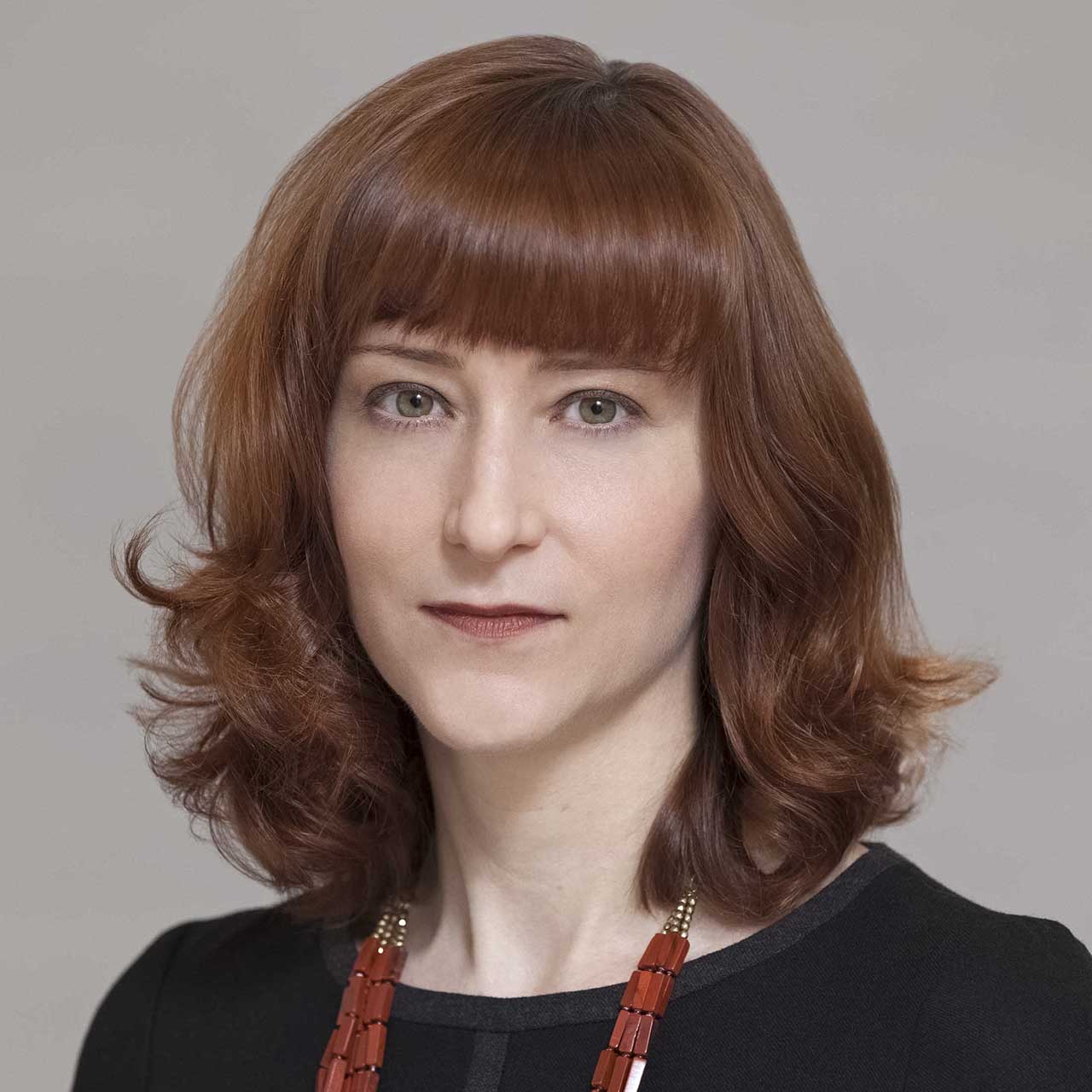
Andrea Nelson, PhD
Associate Curator, Department of Photographs, The National Gallery of Art(Washington, DC)
Panel: On the Feminist Curating of Women Photographers’ Work (hybrid)
Karen Cordero Reiman, Abby Chen, and Grace Aneiza Ali
+What are the challenges of curating and collecting women photographers’ work? In this panel, Karen Cordero explores strategies for activating archives containing works by women photographers from a feminist curatorial perspective, focusing on two particular cases that draw on her curatorial, pedagogical experience in Mexico with the exhibitions Mujeres… ¿y qué más?: Activando el archivo Ana Victoria Jiménez (2011) and Autorretrato con consciencia: Mujeres, género y feminismos en el archivo del Consejo Mexicano de Fotografía (2021).
Following an ongoing series by Shanghai-based artist Gao Ling and the work of the collective LING & COMMA (that she was a member of), Abby Chen highlights the importance of imagination to archiving and displaying Ling’s interdisciplinary practice, spanning live performance, online social media engagement, participatory street intervention, collaborative protest, and staged photography. Amelia Jones critically evidences the ways in which feminism can and must embrace a larger project beyond displaying the work of women artists—by examining the process of curating the live art and queer performance of artist Ron Athey. Defining feminist curating as a form of activism, these presentations compel us to displace the focus of attention from the images to the social interactions and the creative process itself.
The panel will include in-person and virtual presentations. It will be live-streamed on YouTube.
ABOUT PARTICIPANTS
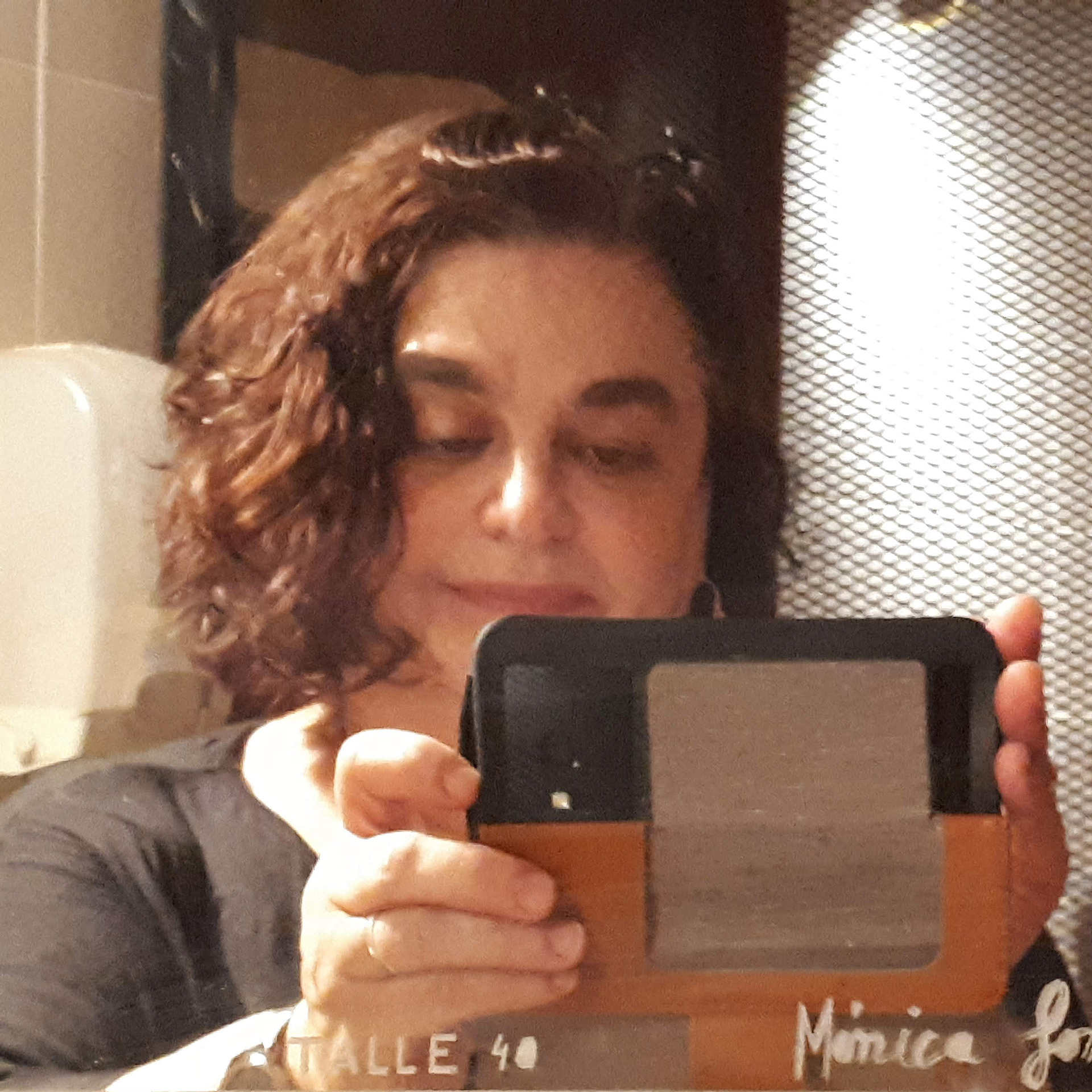
Karen Cordero Reiman
Independent art historian and curator(Mexico City)
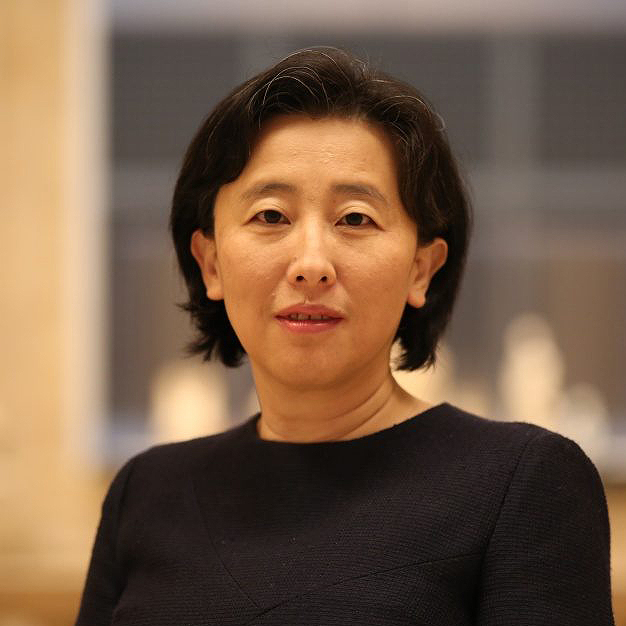
Abby Chen
Senior Associate Curator and Head of Contemporary Art at Asian Art Museum (AAMSF)(San Francisco)
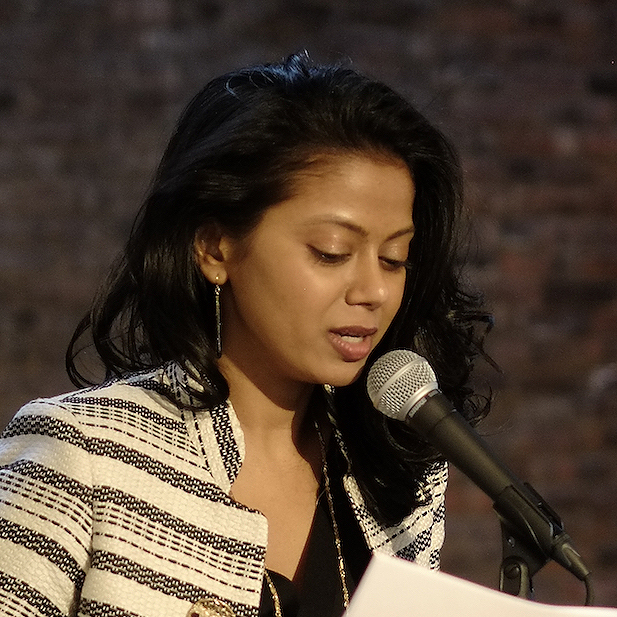
Grace Aneiza Ali
Assistant Professor in the Departments of Art and Art History at Florida State University in Tallahassee and Curator-at-Large for the Caribbean Cultural Center African Diaspora Institute (CCCADI) in New York(Tallahassee)
Break
+Video presentation of sister women photography collectives & organizations.
Featured videos showcase WOPHA’s sister photography collectives and organizations on the voice of their founders and members, explaining its origins, mission, and support for this inaugural convening. Among the presented organizations are Fast Forward: Women in Photography, MFON: Women Photographers of the African Diaspora, Foto Féminas, Mulheres Luz, and many others. These videos provide an insider’s look into international women and non-binary like-minded collaborative projects reframing the dominant narratives of photography history.
Announcement 2022 WOPHA Inaugural Artist in Residence at The Betsy Hotel (in-person and virtual)
Lesley Goldwasser and Aldeide Delgado
+Join us for the announcement of the 2022 WOPHA Artist in Residence. The WOPHA Artist in Residence program grants a one-week residency in Miami to local and international women photographers, connects them with the South Florida academic and creative community and offers opportunities for studio visits, artist presentations, classroom conversations, and exhibitions as part of the organization initiatives.
ABOUT PARTICIPANTS
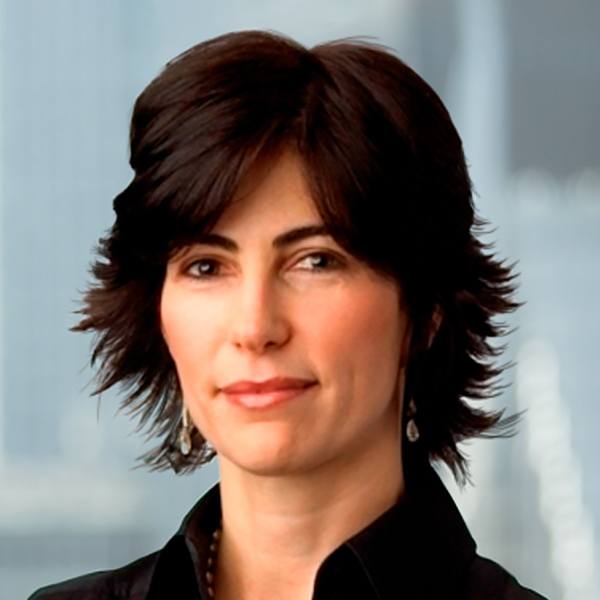
Lesley Goldwasser
Co-owner and art and music program curator, The Betsy Hotel(Miami and New York)

Aldeide Delgado
WOPHA Founder & Director(Miami)
Artist Lecture: Nadia Huggins (in-person and virtual)
Nadia Huggins
+Nadia Huggins was born in Trinidad and Tobago and is based in St. Vincent and the Grenadines. A self-taught photographer, she has built a body of images that is characterized by her observation of the everyday. Her work merges documentary and conceptual practices, which explore belonging, identity, and memory, through a contemporary approach focused on representing Caribbean landscapes and the sea.
ABOUT PARTICIPANTS
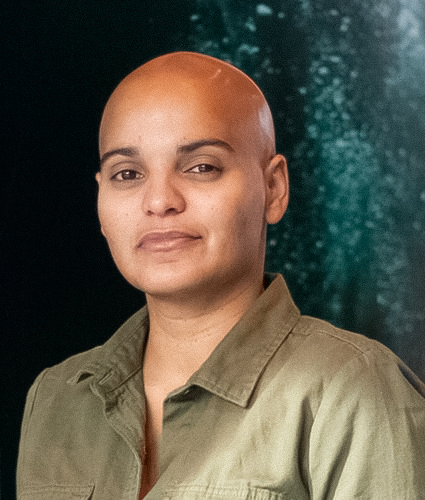
Nadia Huggins
Artist(St. Vincent and the Grenadines)
Conversation: In Our Glory; Spirituality and Representation in Photography (virtual)
Lisa-Kaindé Diaz, Naomi Diaz, Maya Dagnino, and Aldeide Delgado
+Participants: Ibeyi (Lisa-Kaindé Diaz & Naomi Diaz) and Maya Dagnino
Moderator: Aldeide Delgado
Followed by a special musical performance by Ibeyi.
This program is presented thanks to generous support from Green Family Foundation, Faena Art, and the Cultural Services of the French Embassy in the United States.
ABOUT PARTICIPANTS
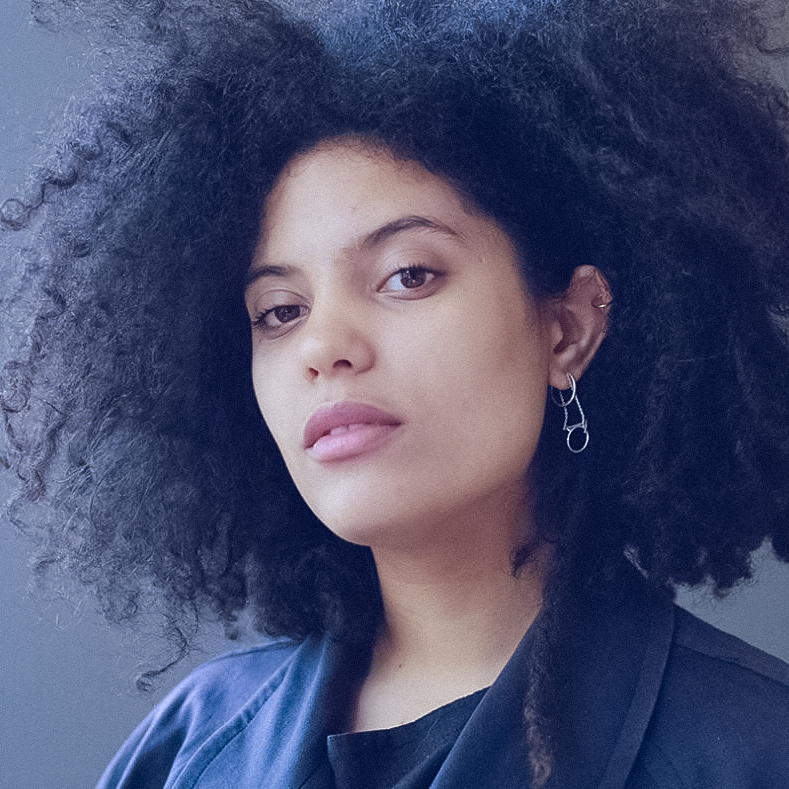
Lisa-Kaindé Diaz
Artist, Ibeyi(Paris)
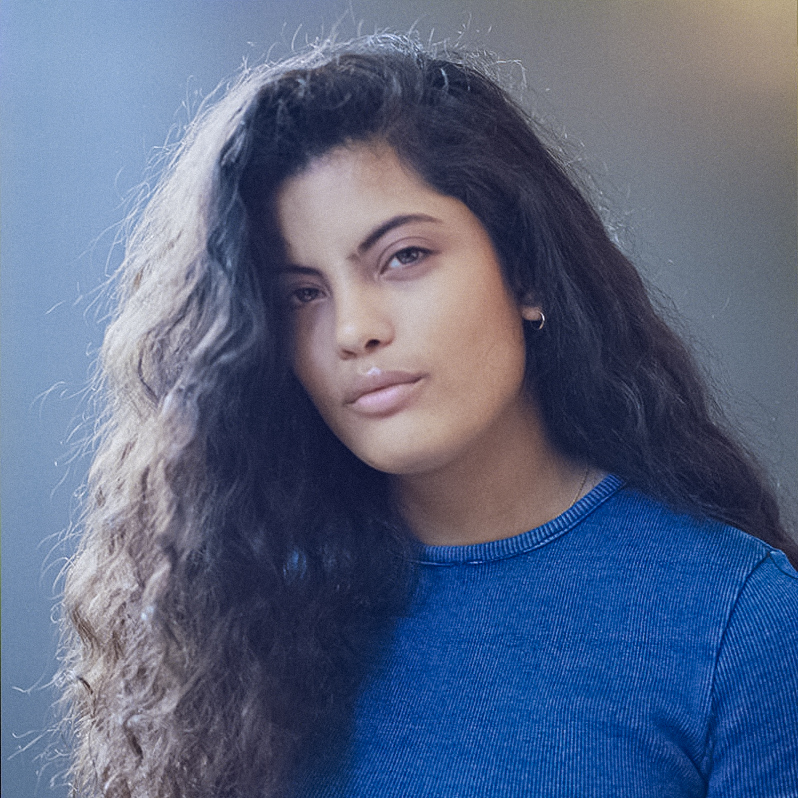
Naomi Diaz
Artist, Ibeyi(Paris)
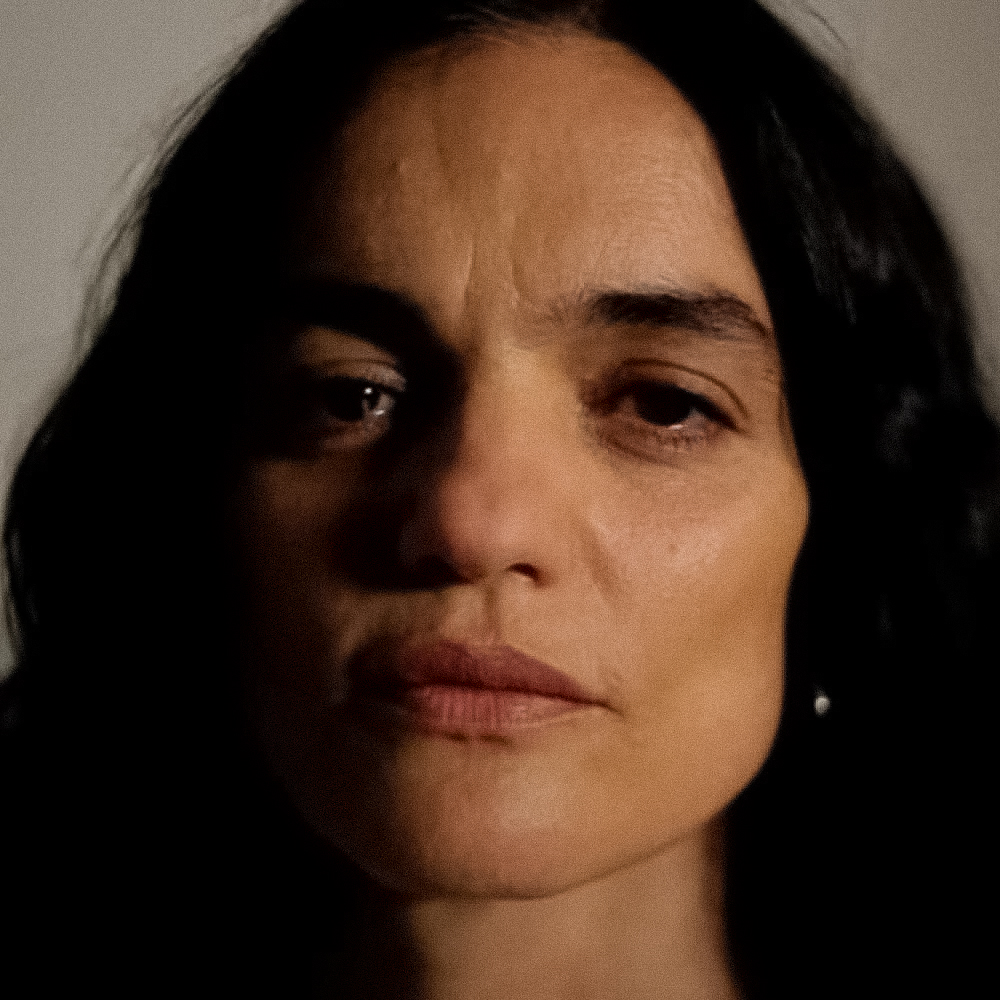
Maya Dagnino
Artist, Ibeyi(Paris)

Aldeide Delgado
WOPHA Founder & Director(Miami)
Closing Remarks (in-person and virtual)
Mane Adaro
+ABOUT PARTICIPANTS
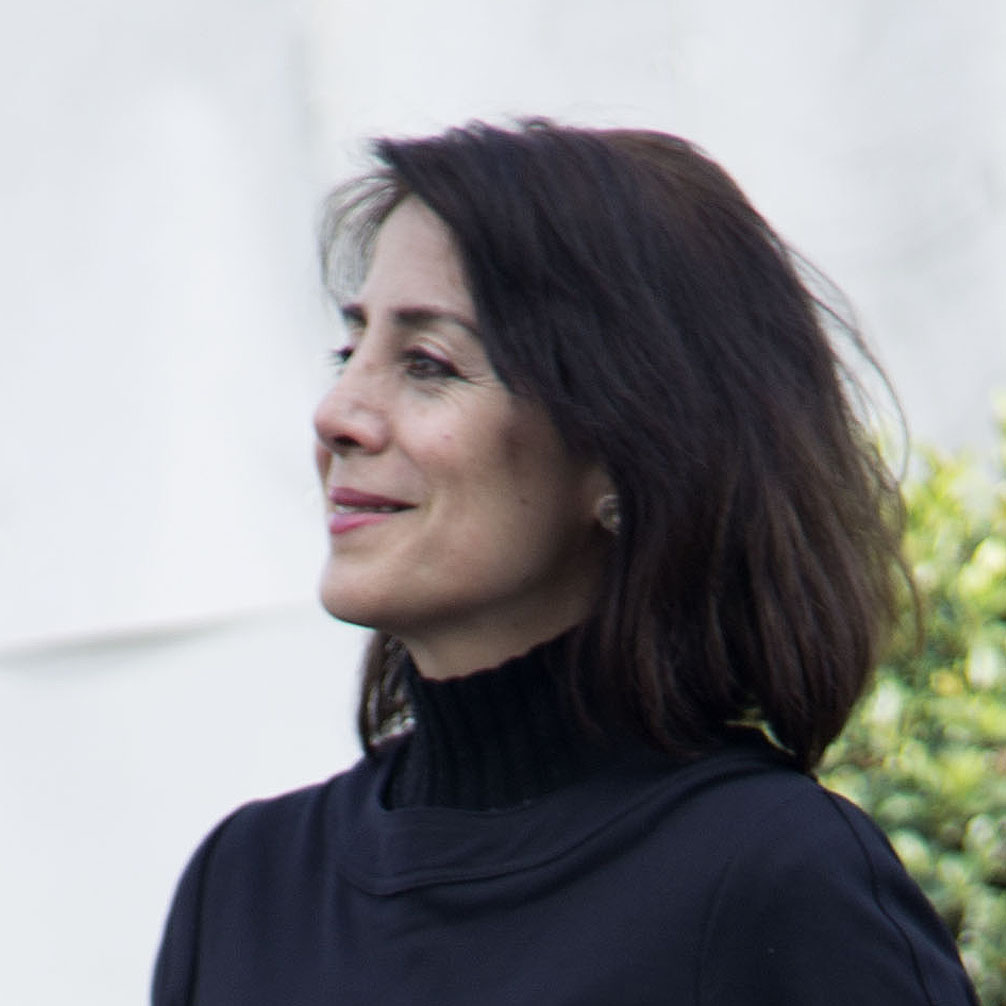
Mane Adaro
Director and Editor of Atlas: Visual Imaginary. Art historian and curator(Santiago)
Parallel
Activities
& Events
